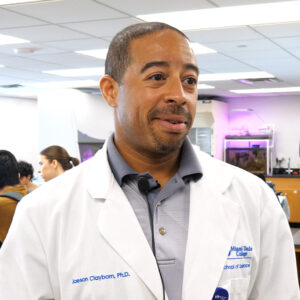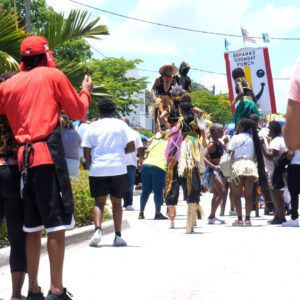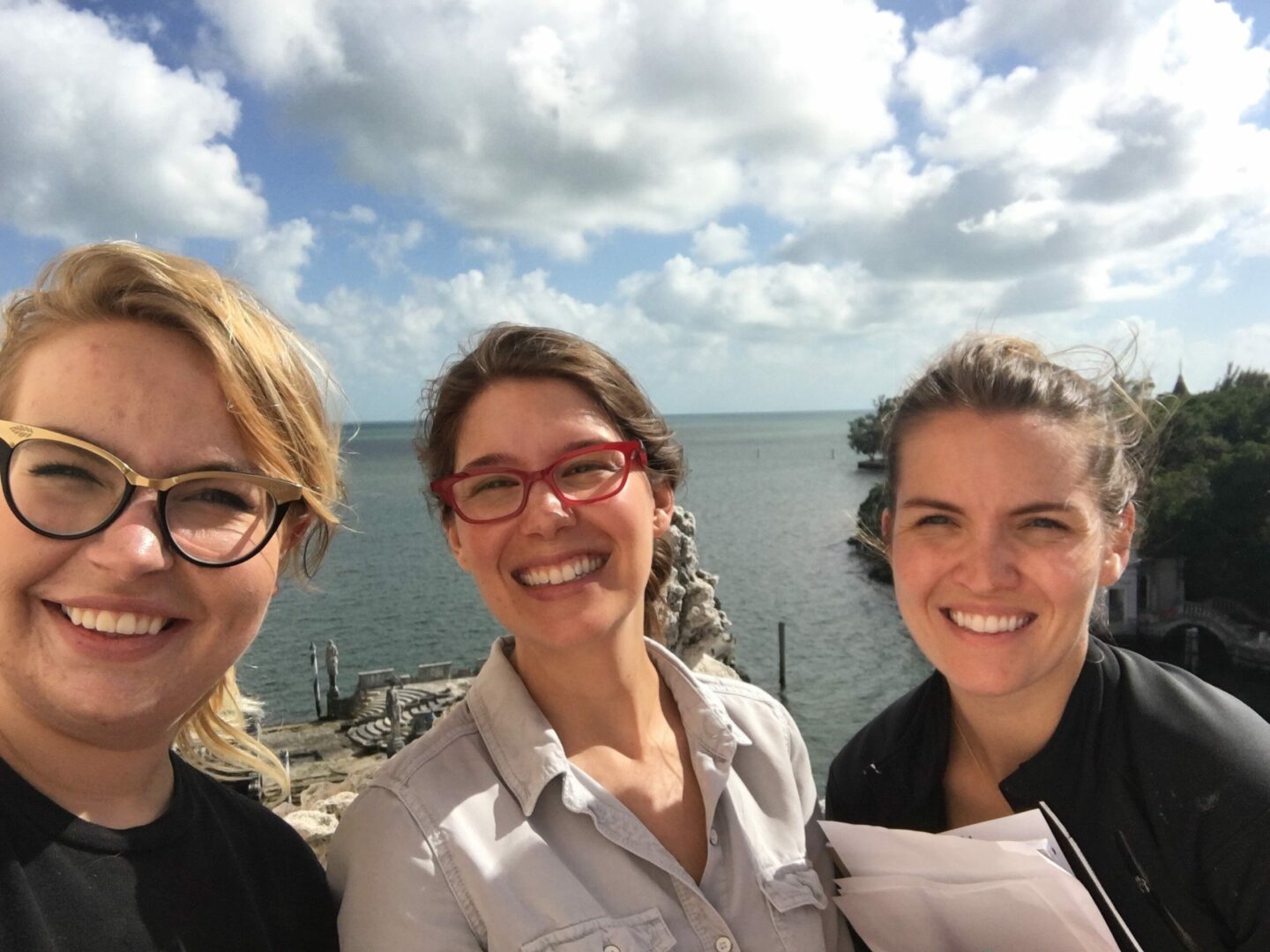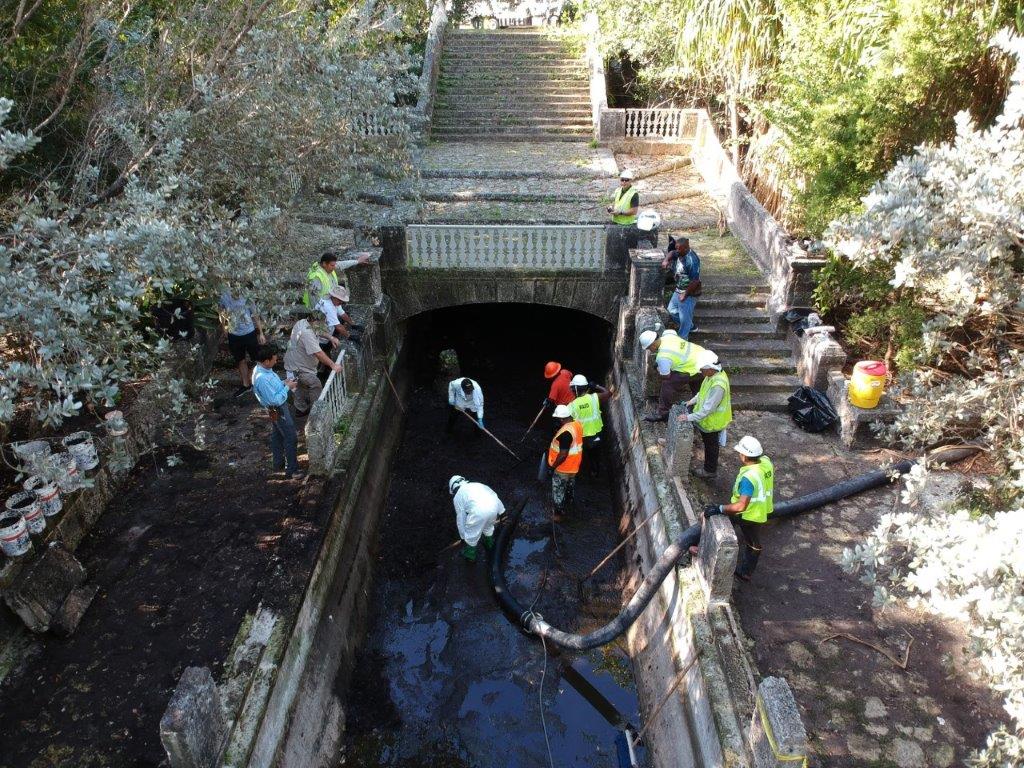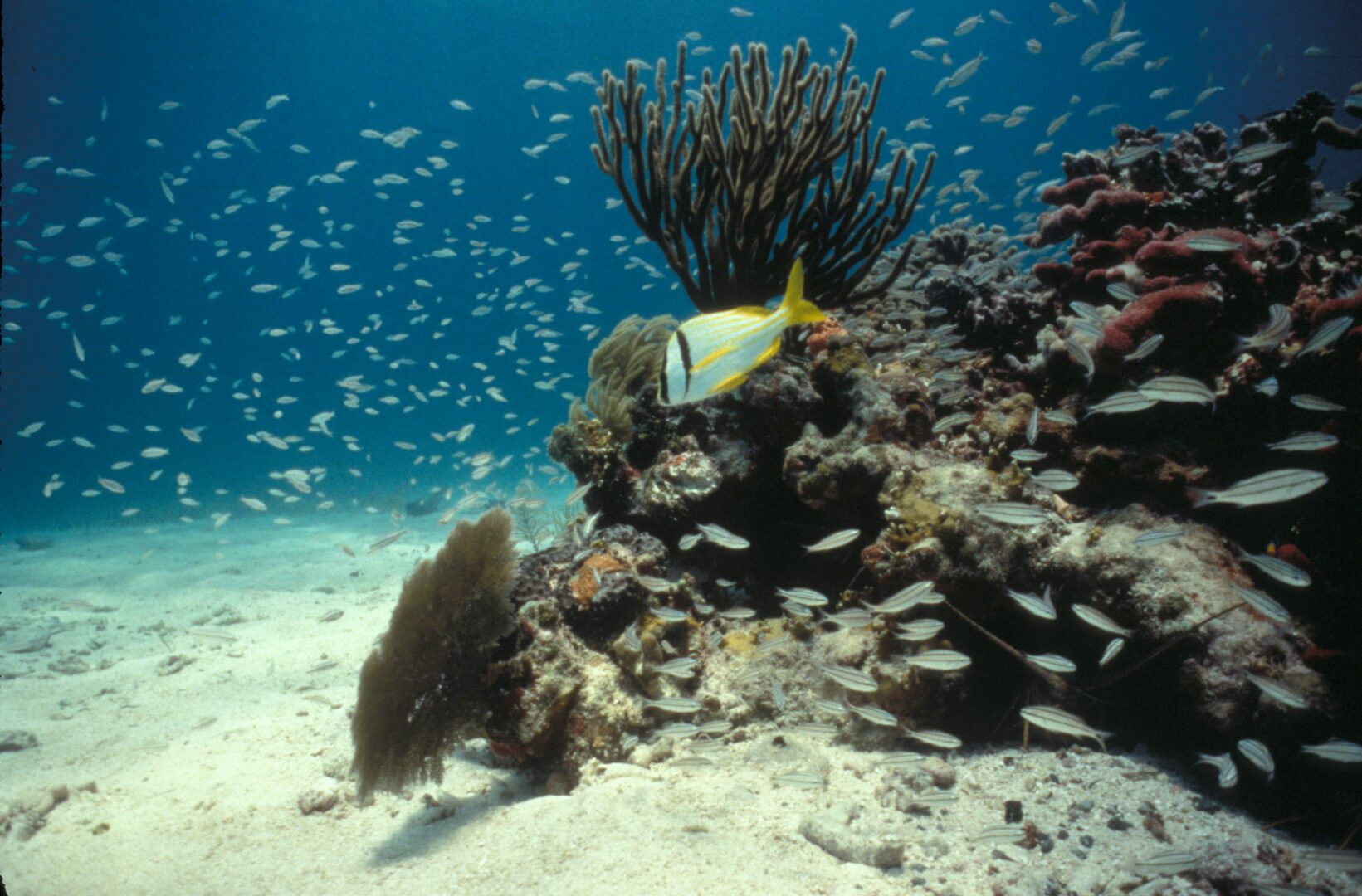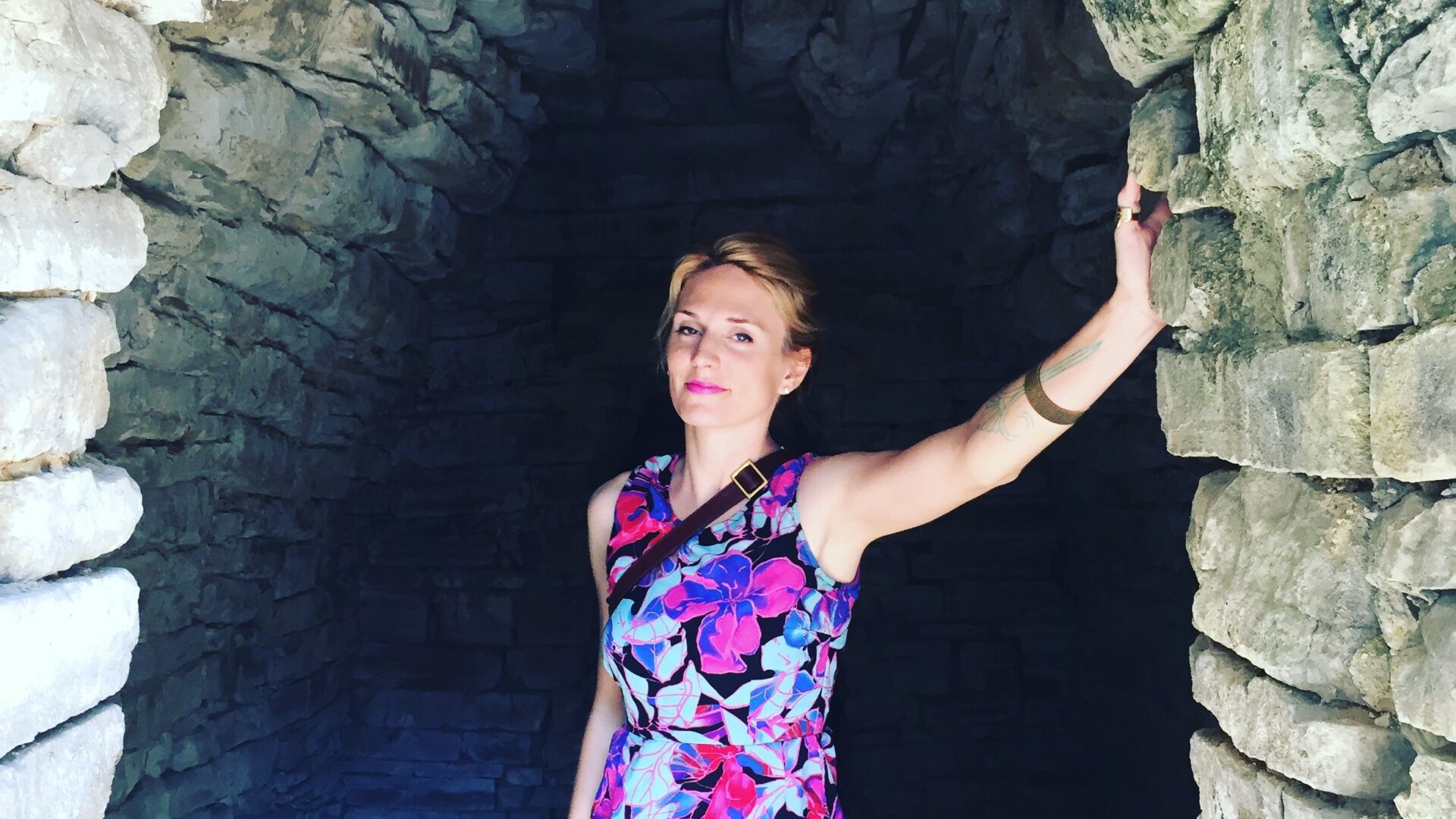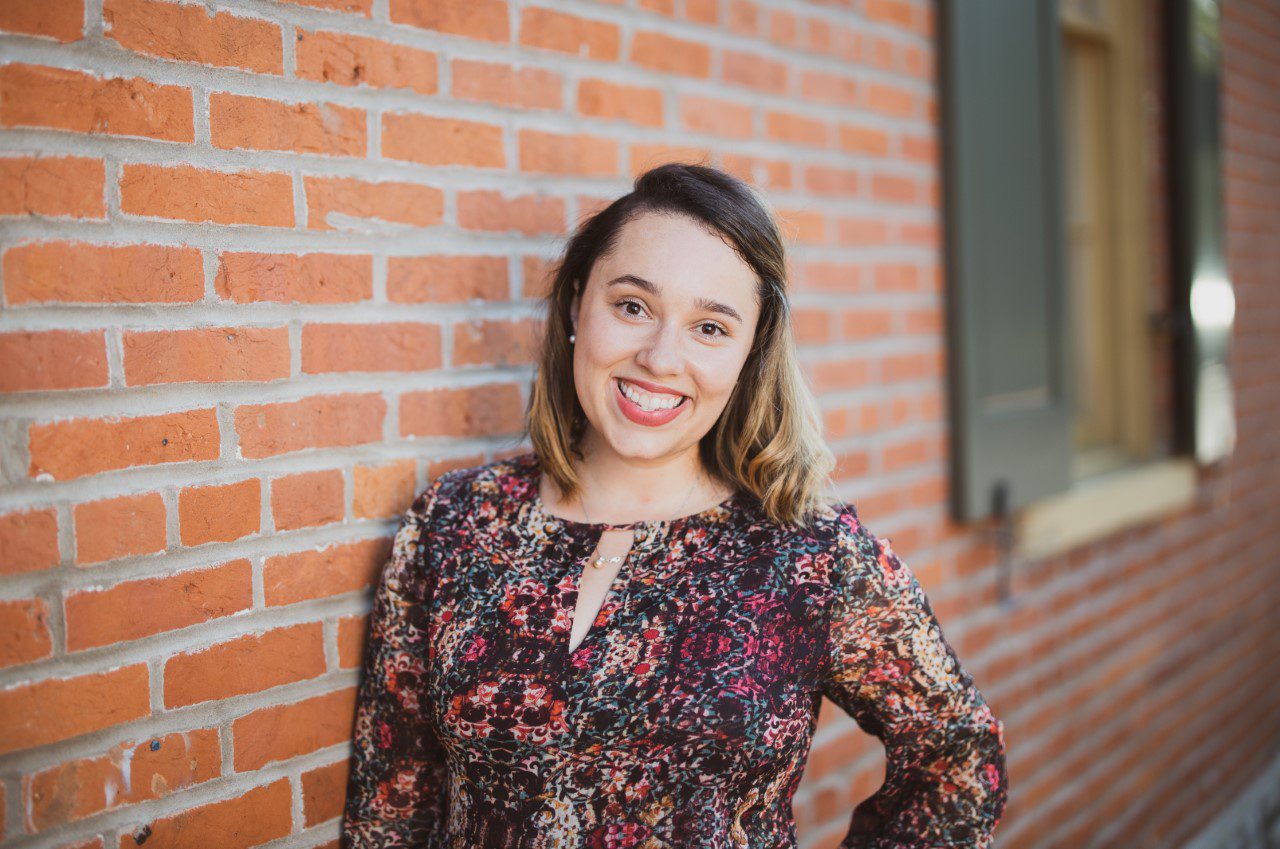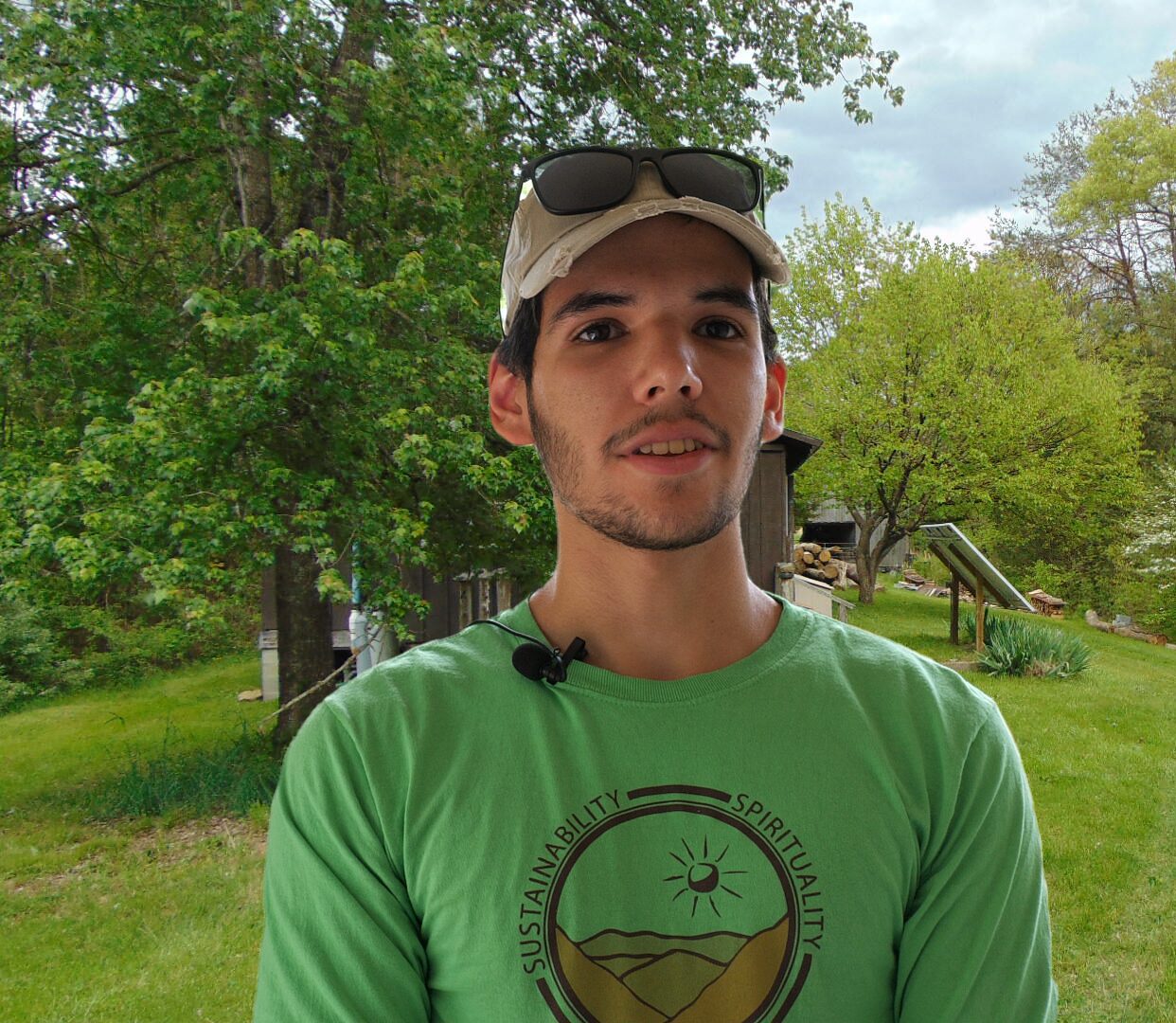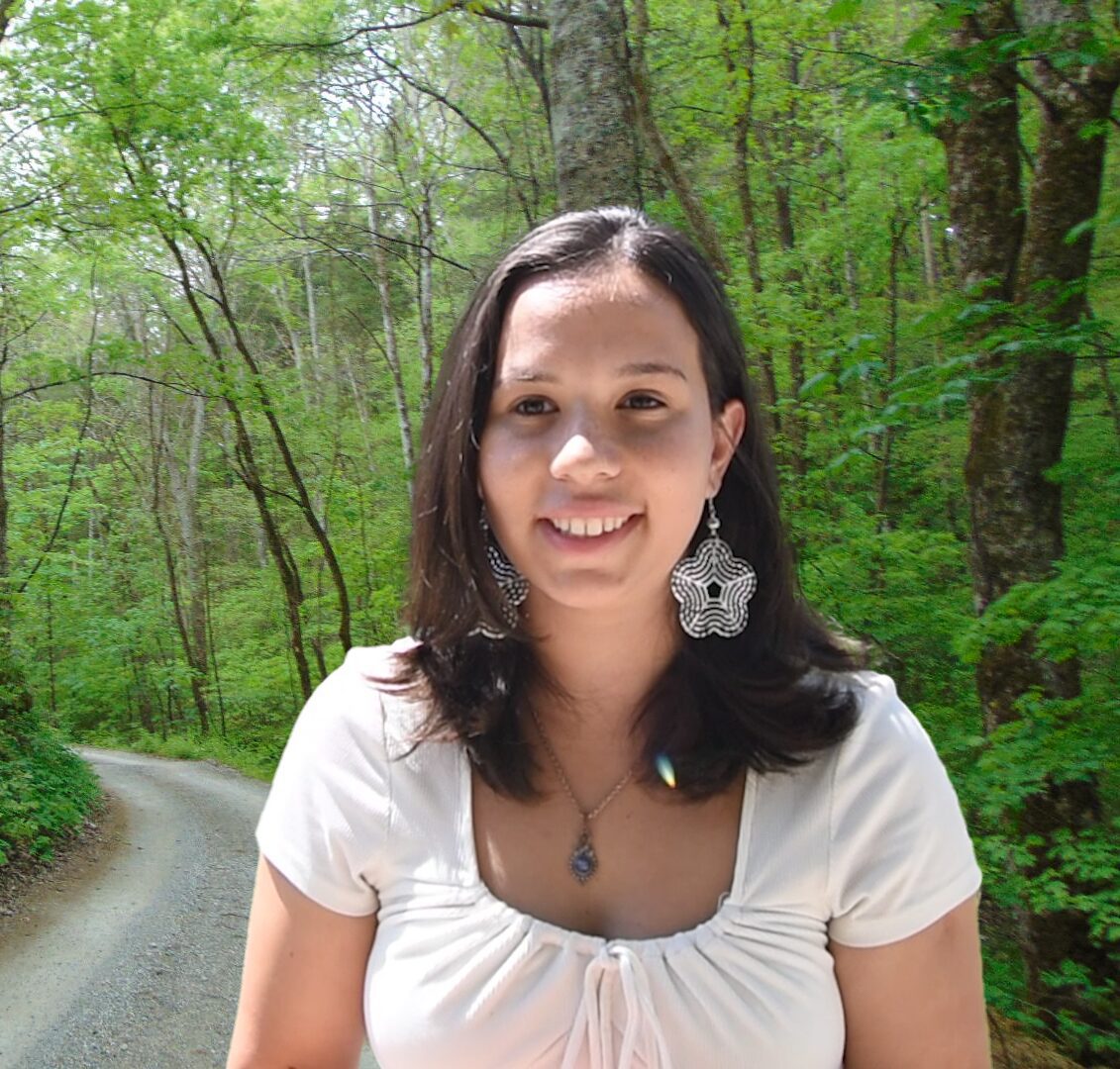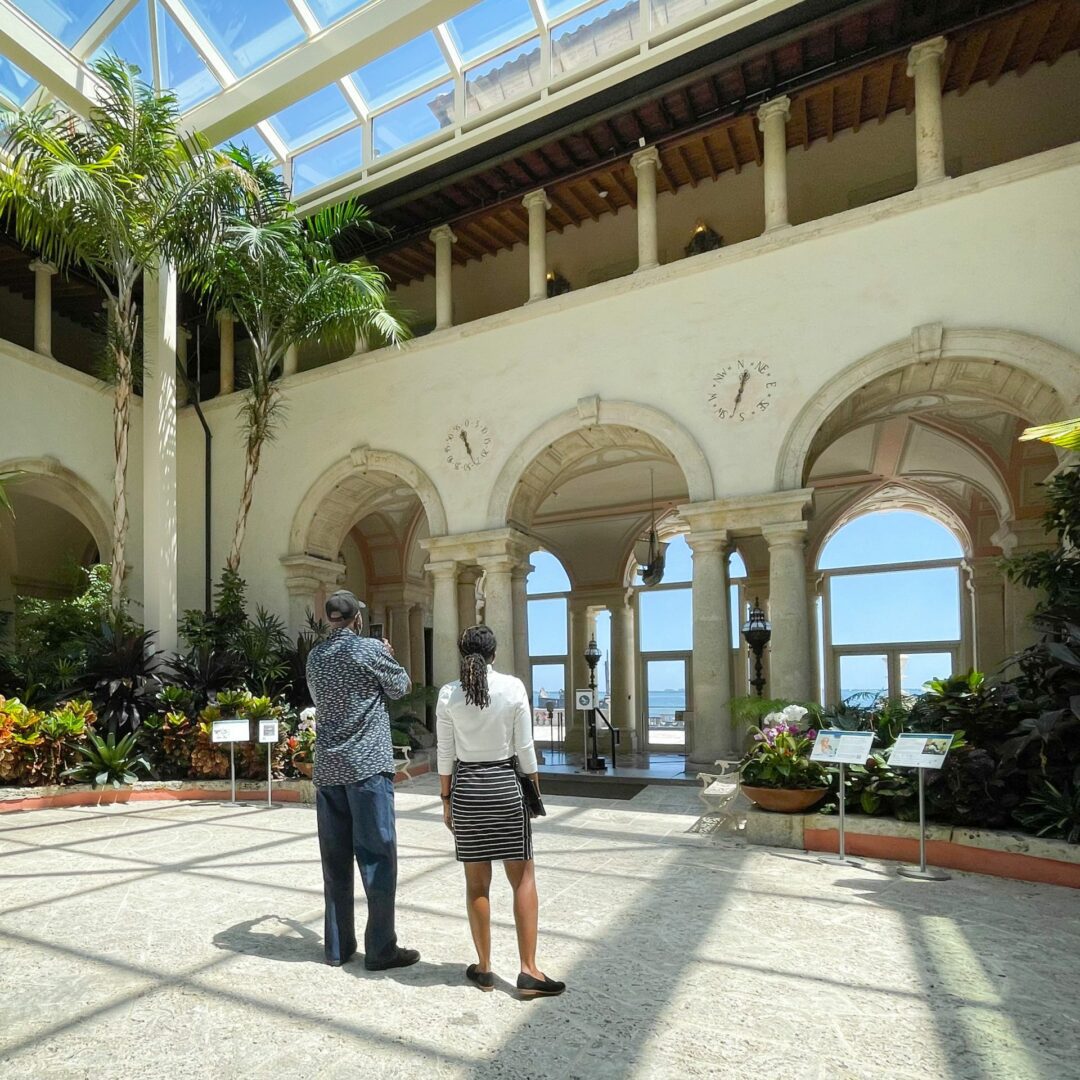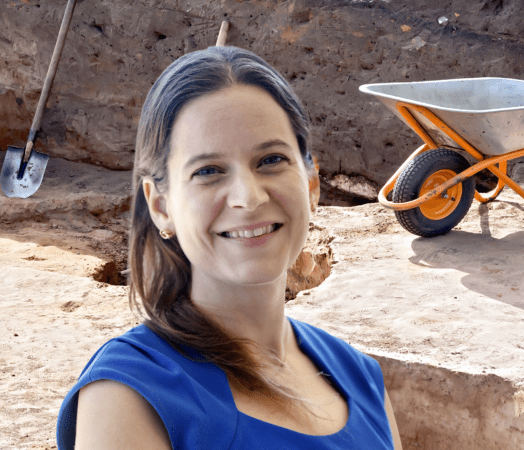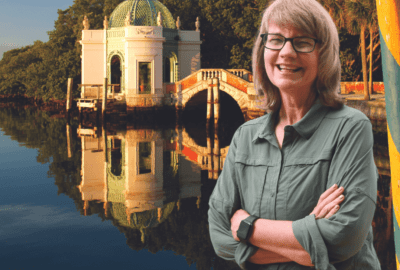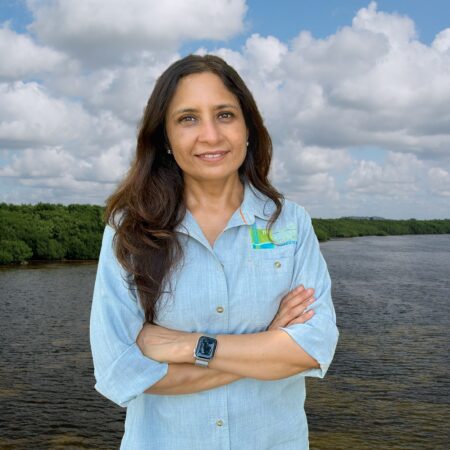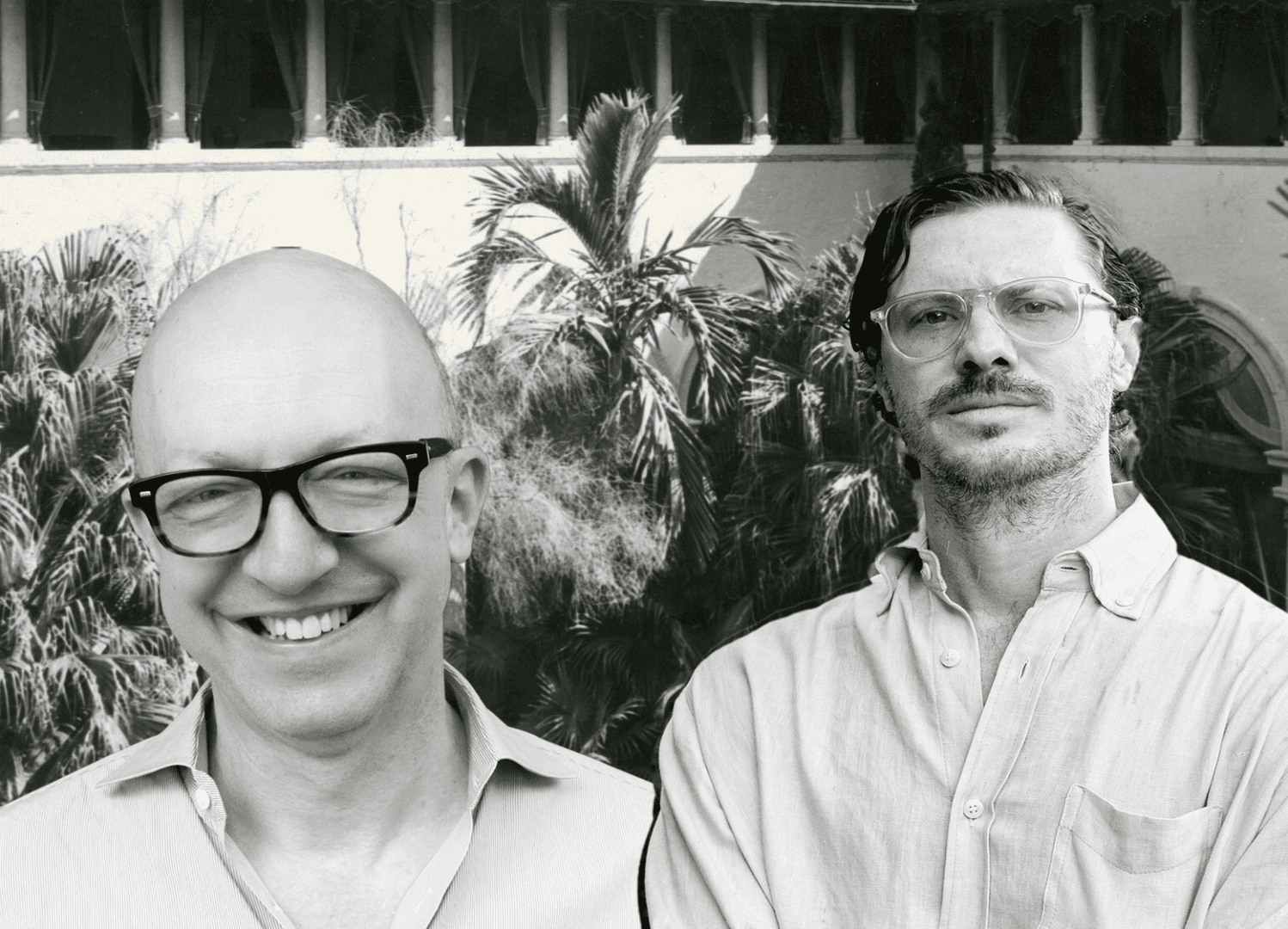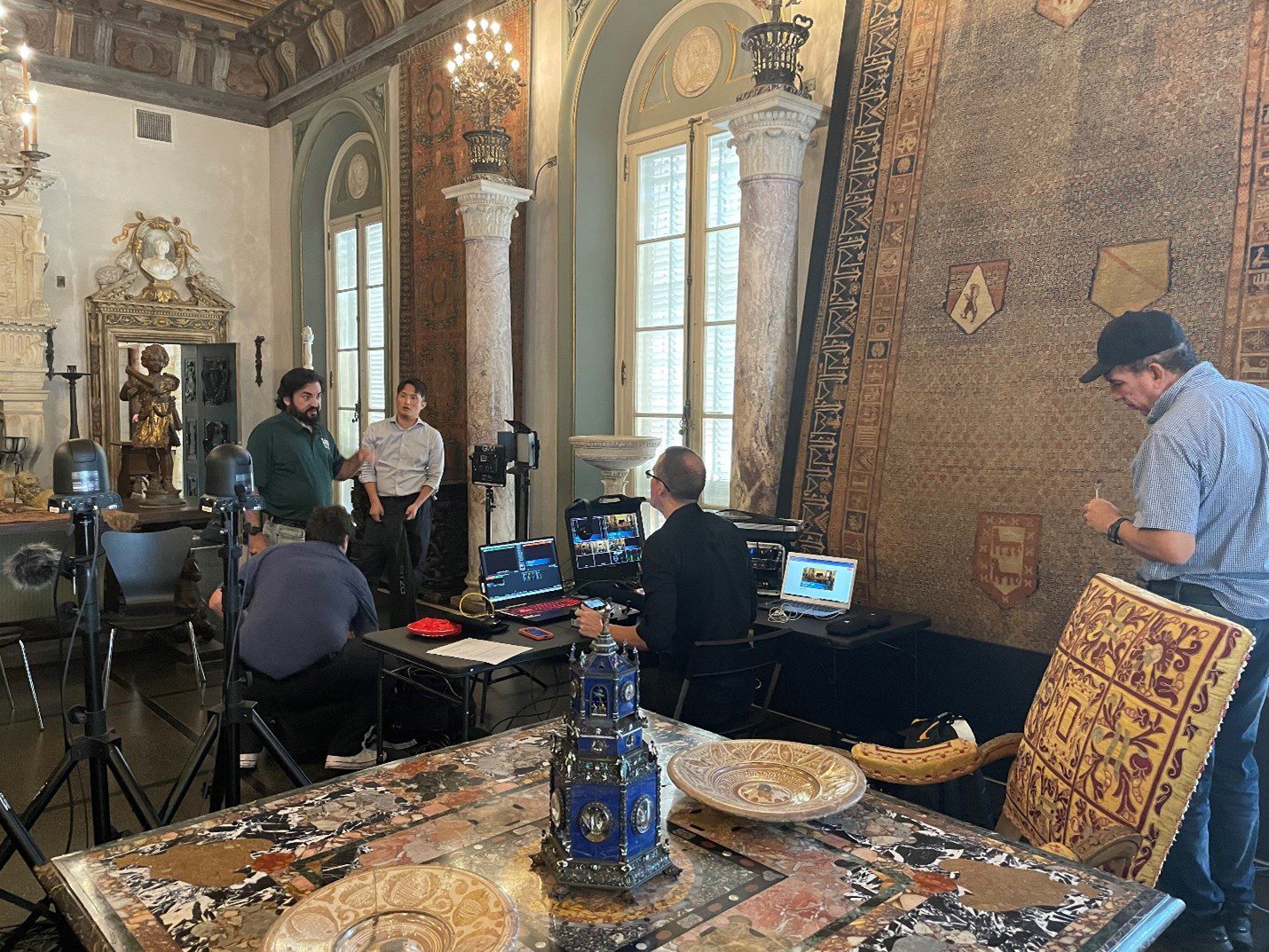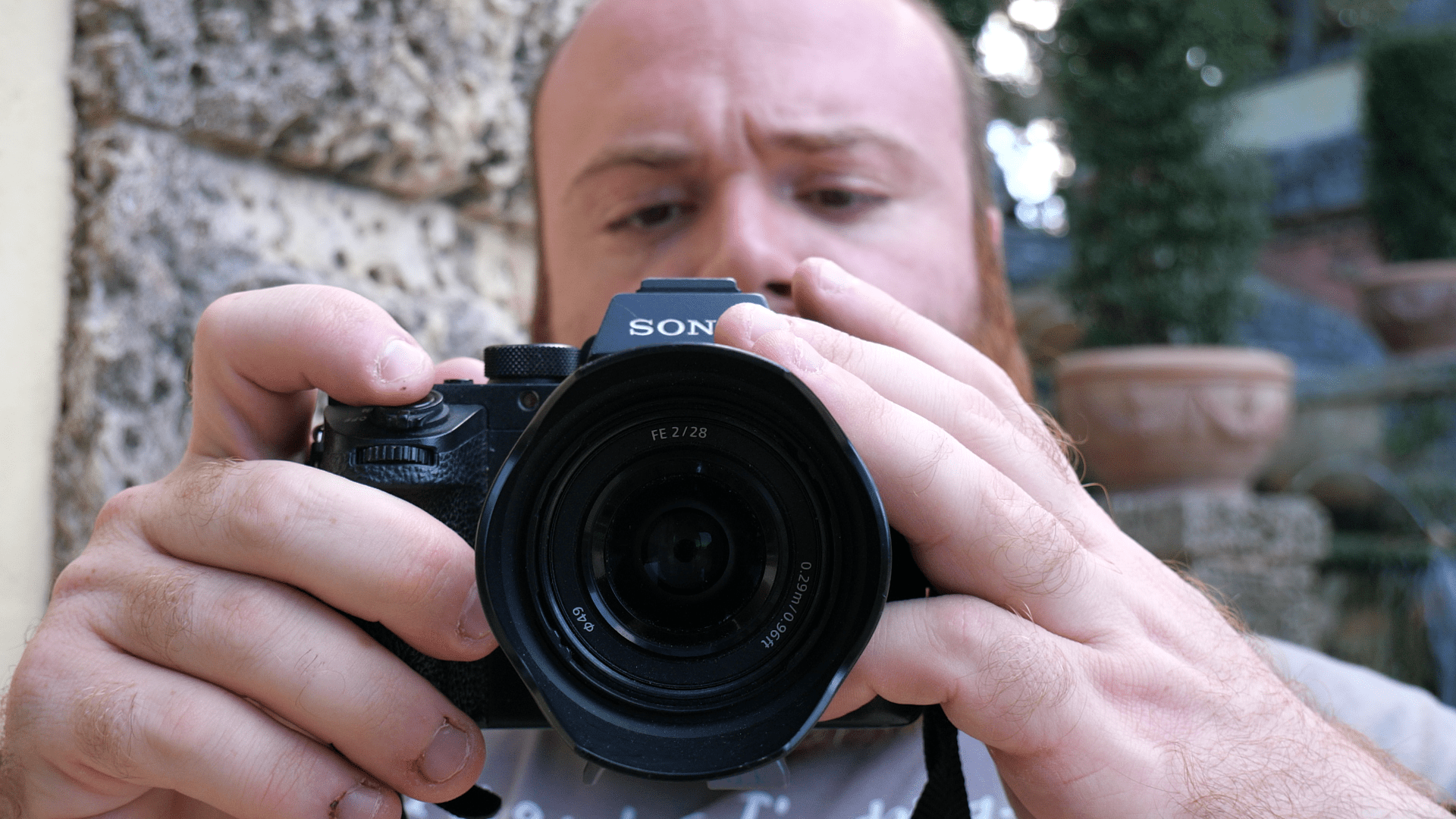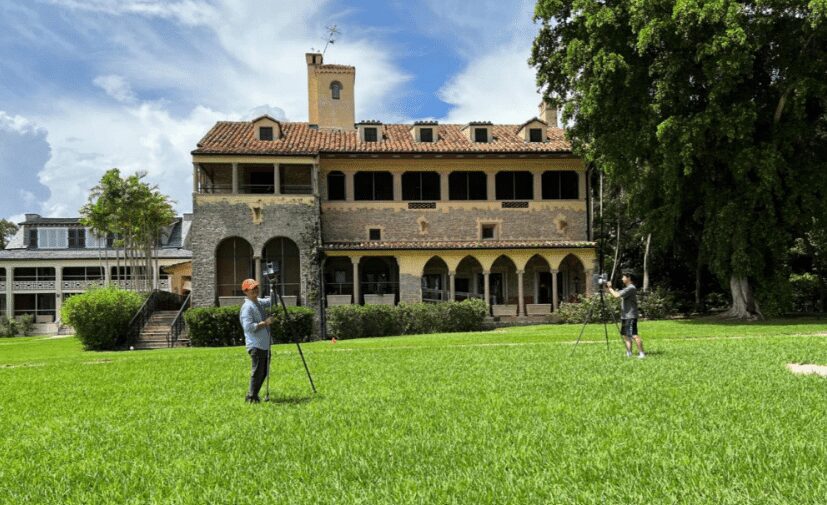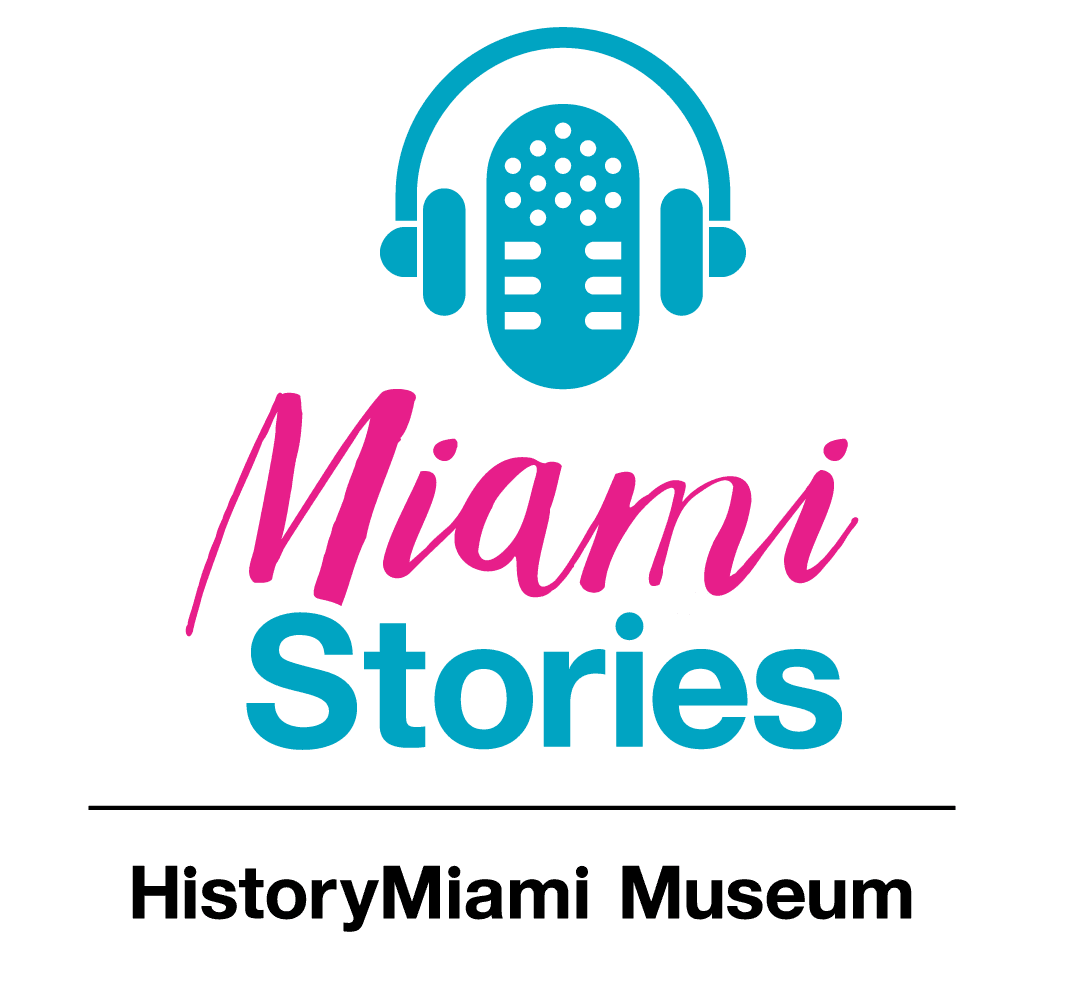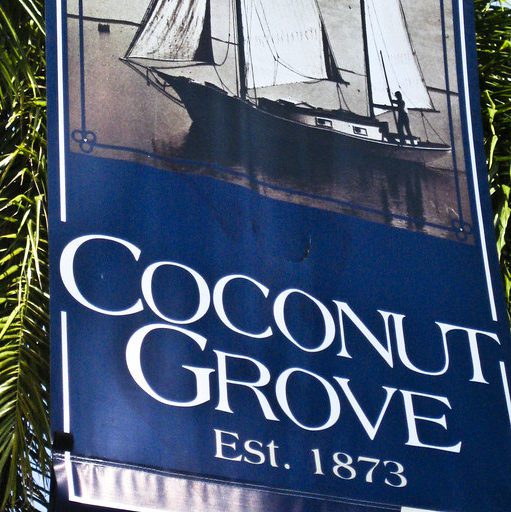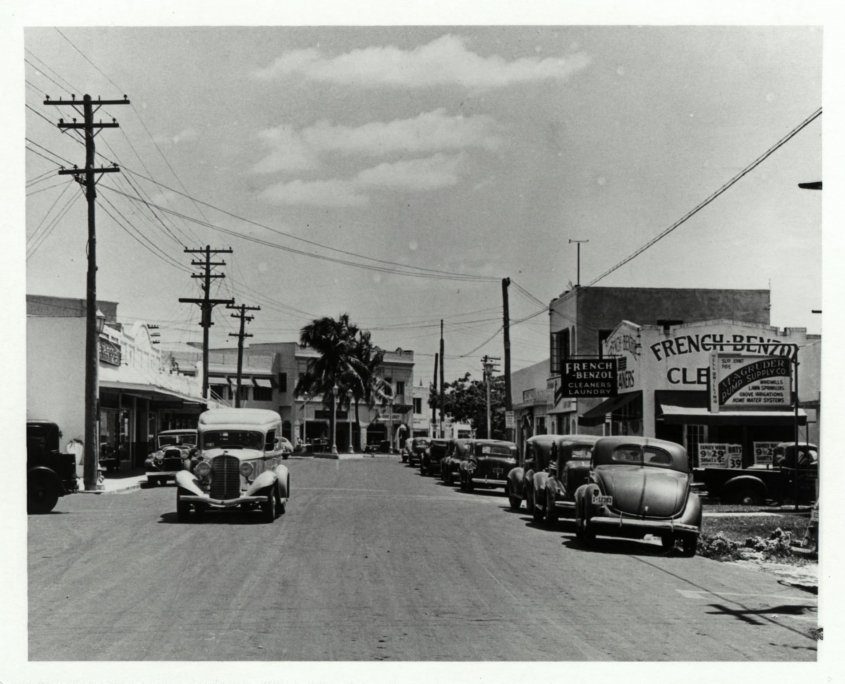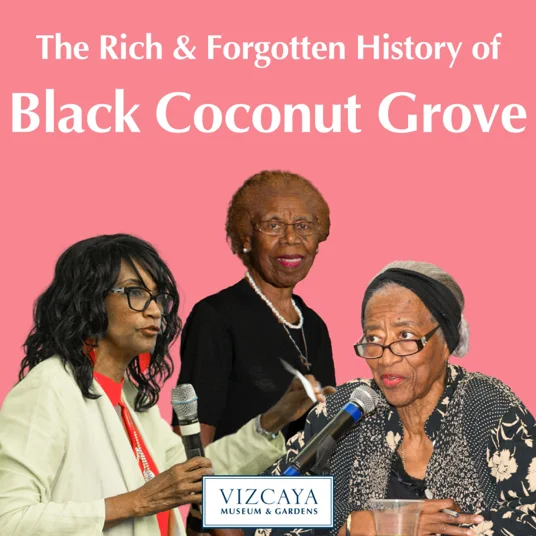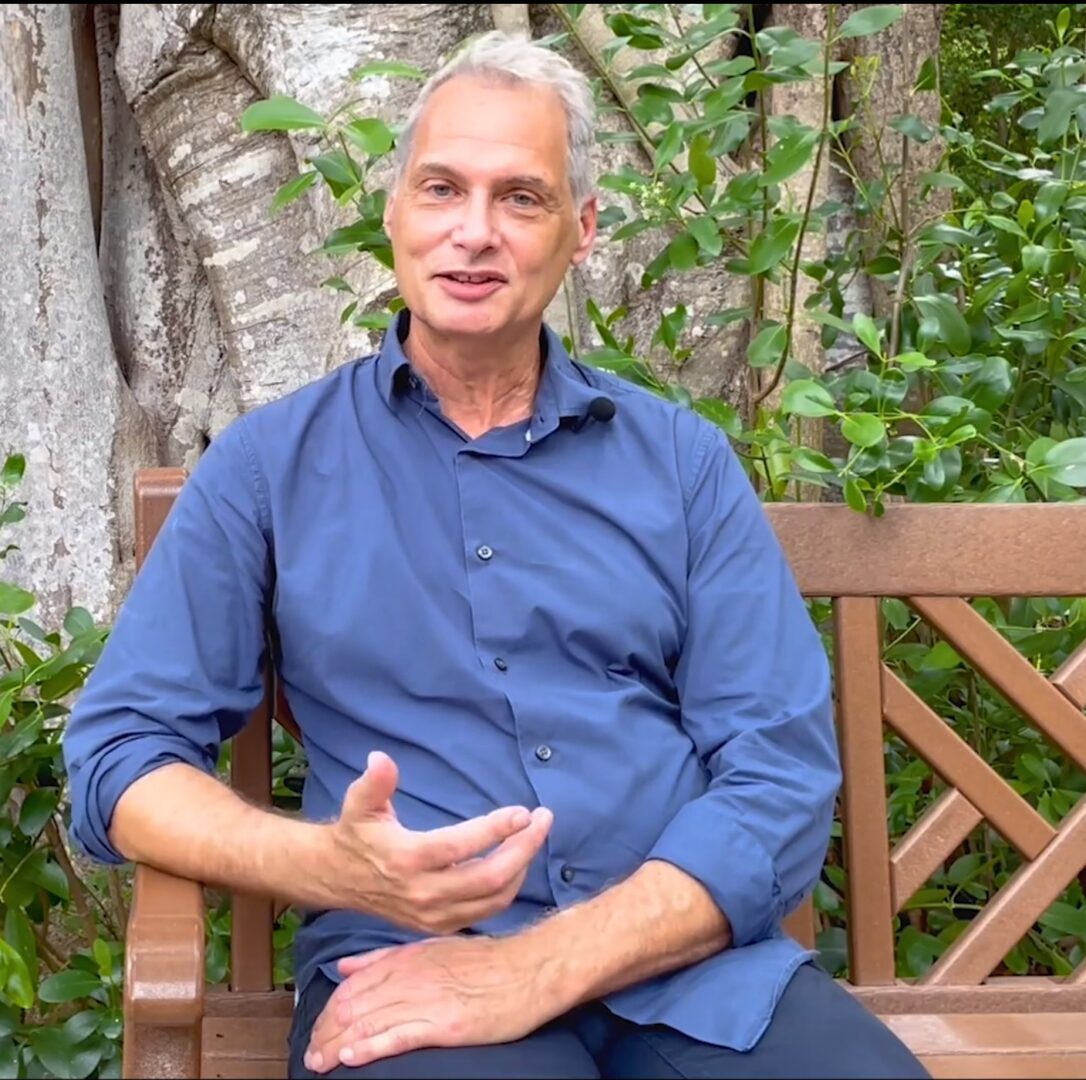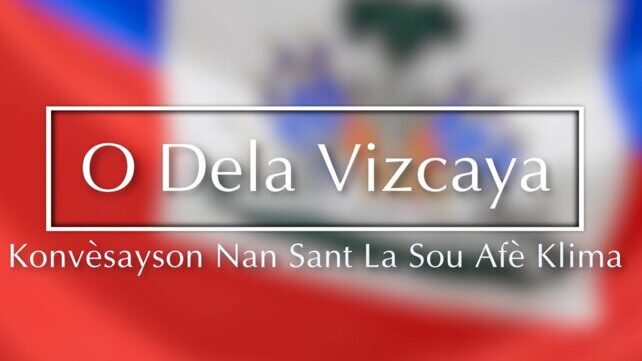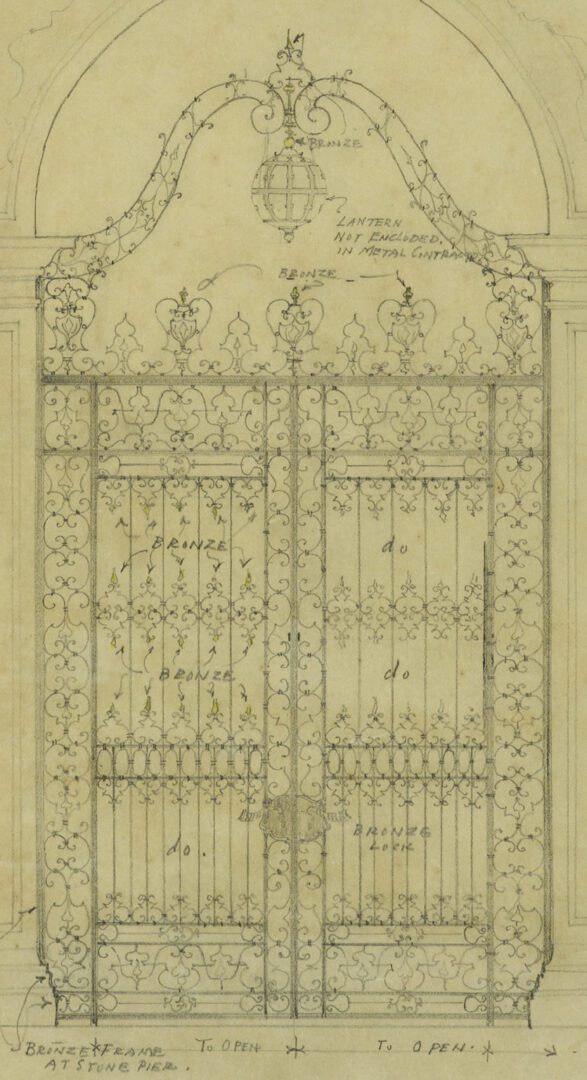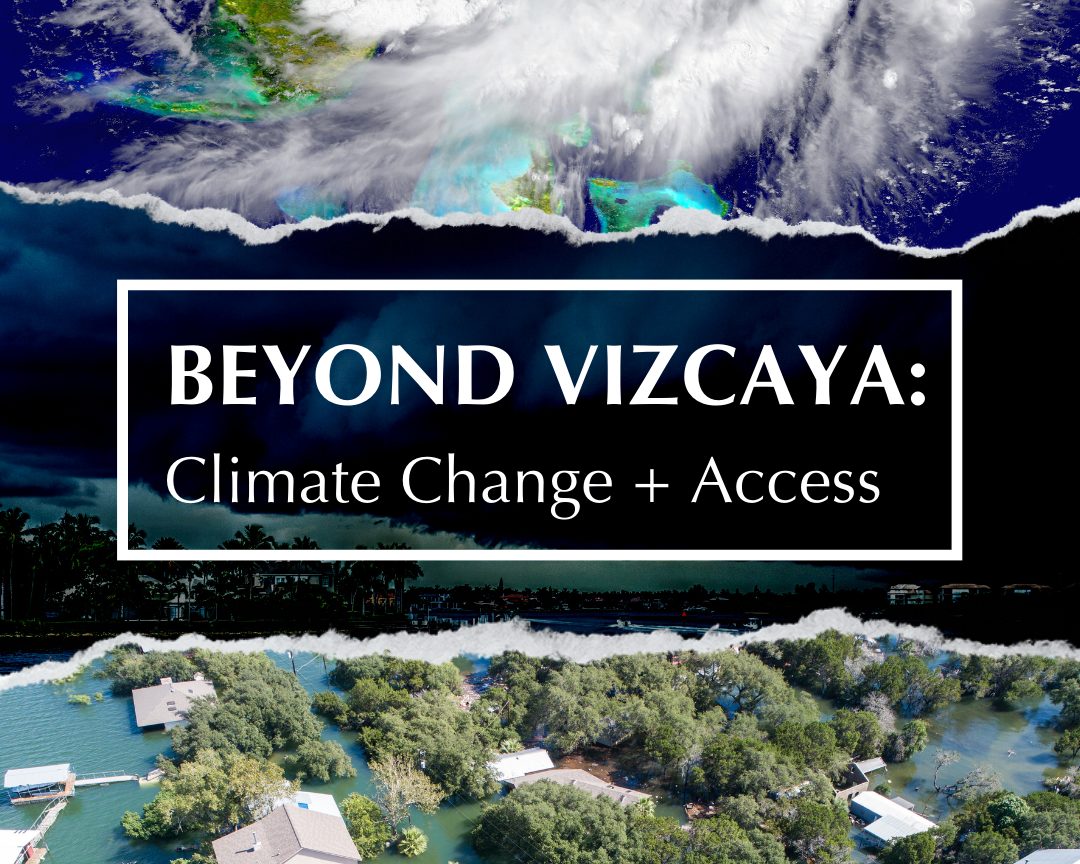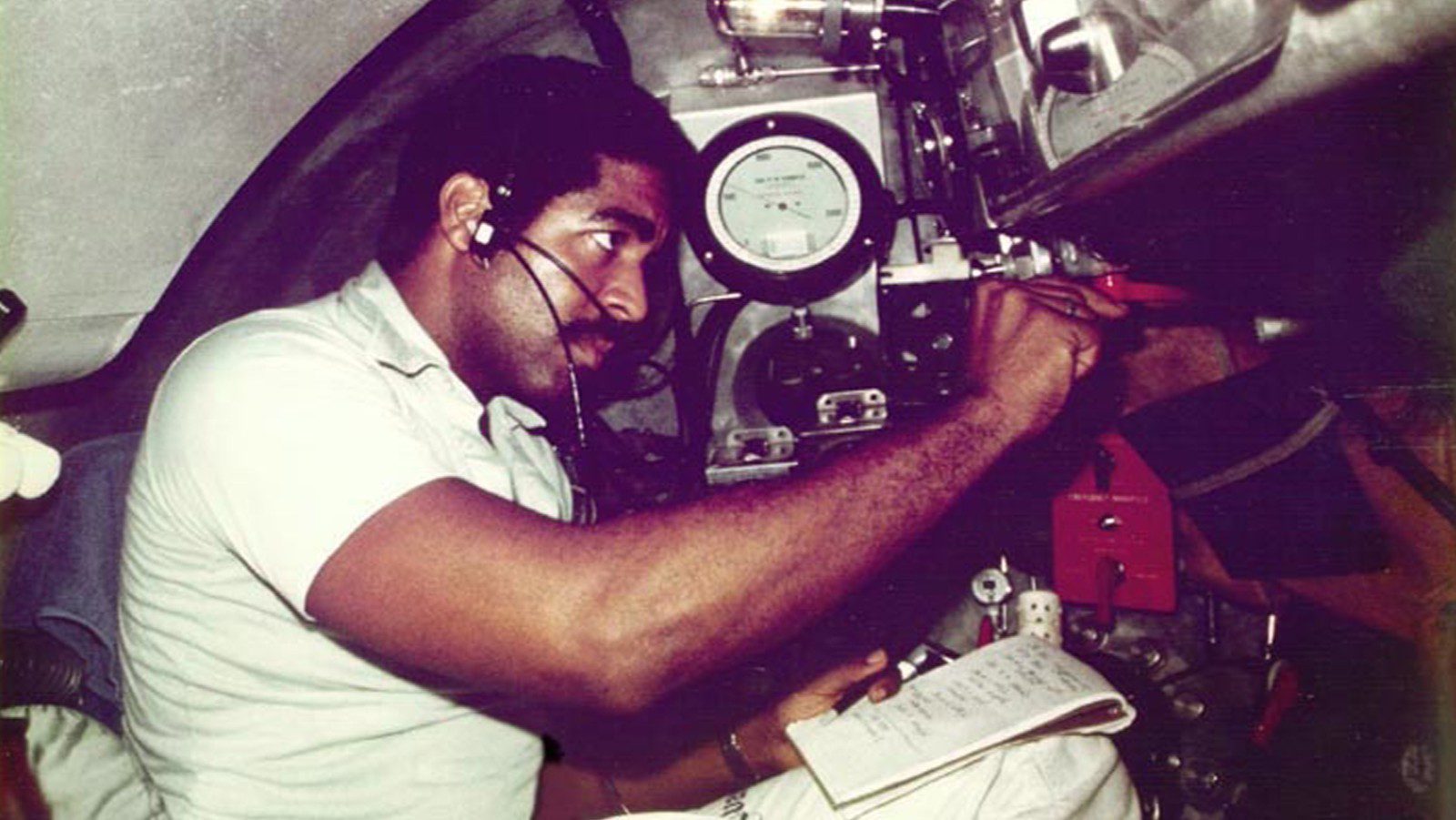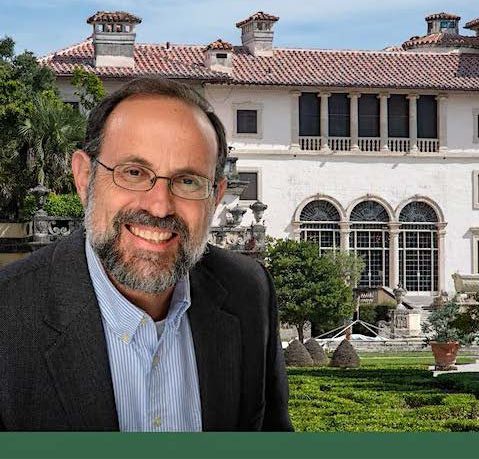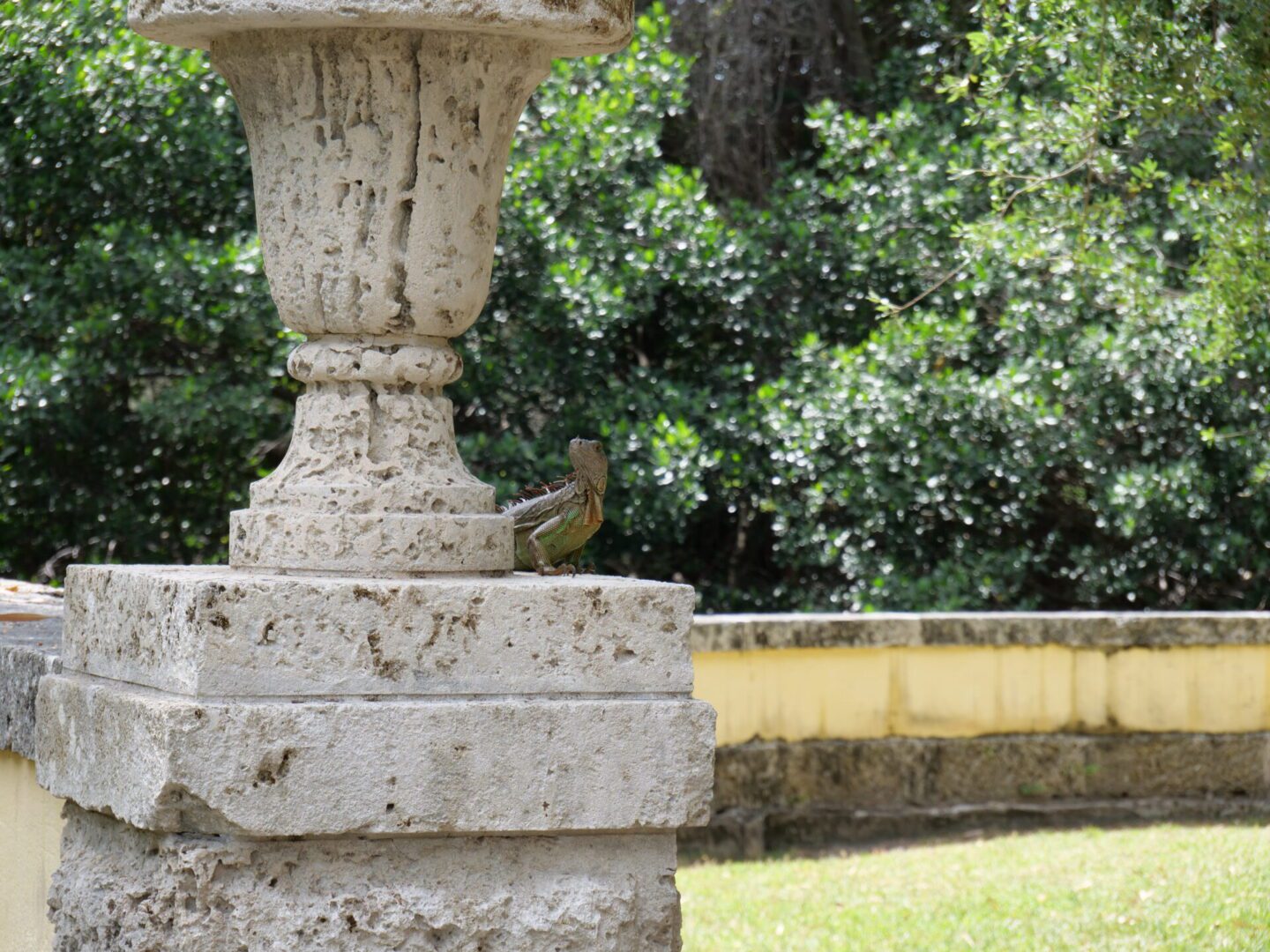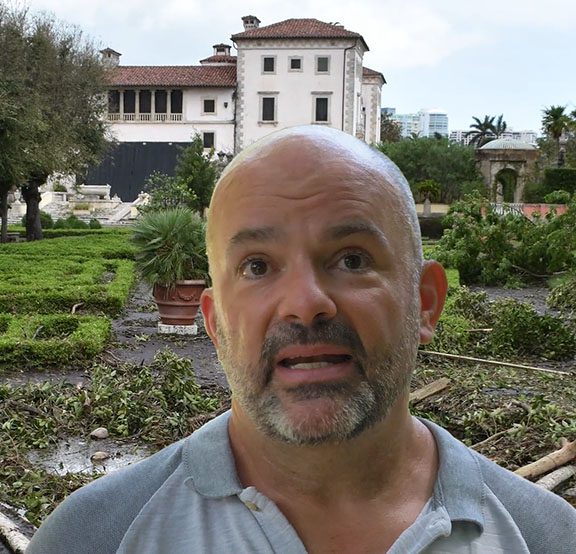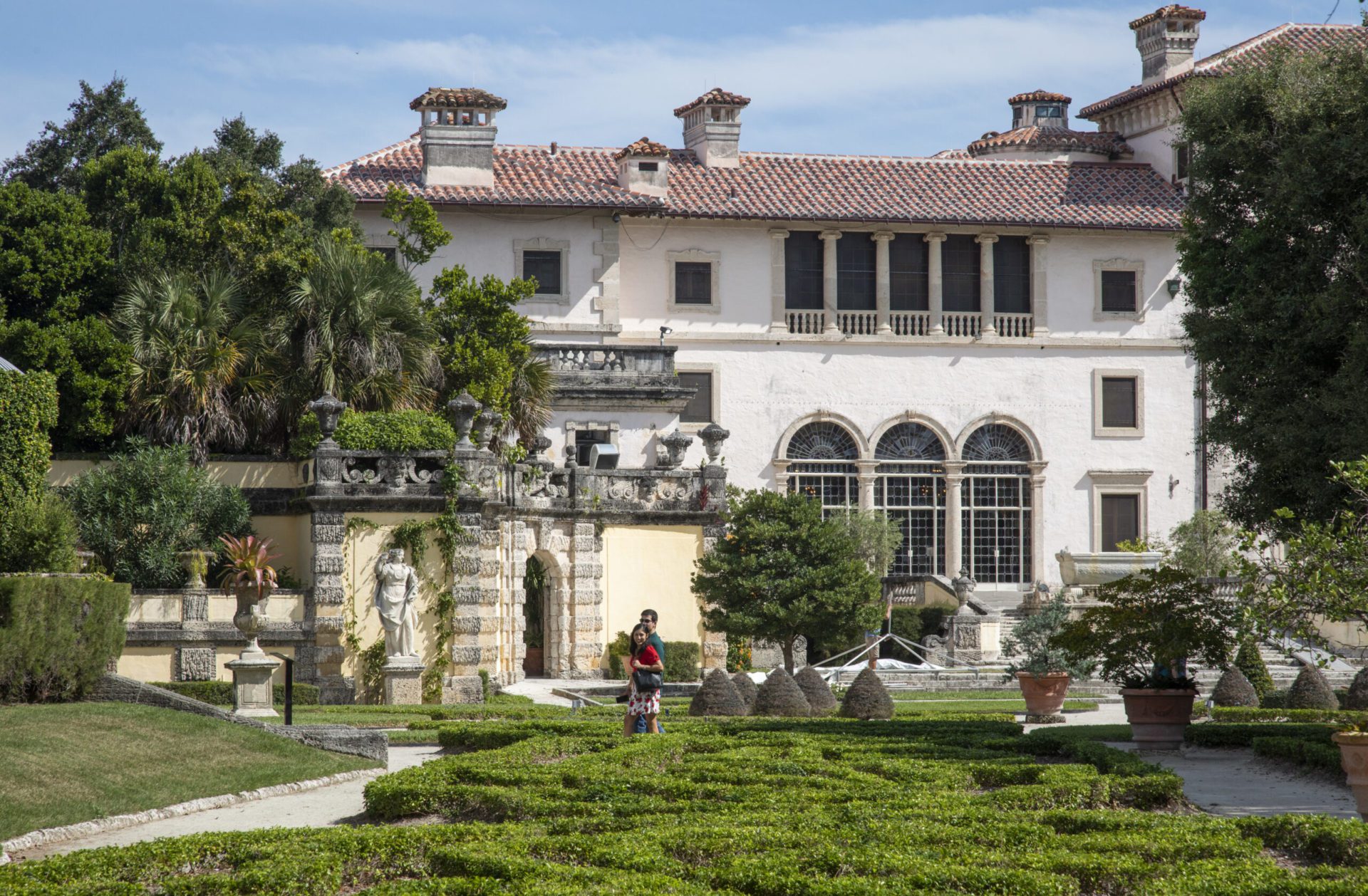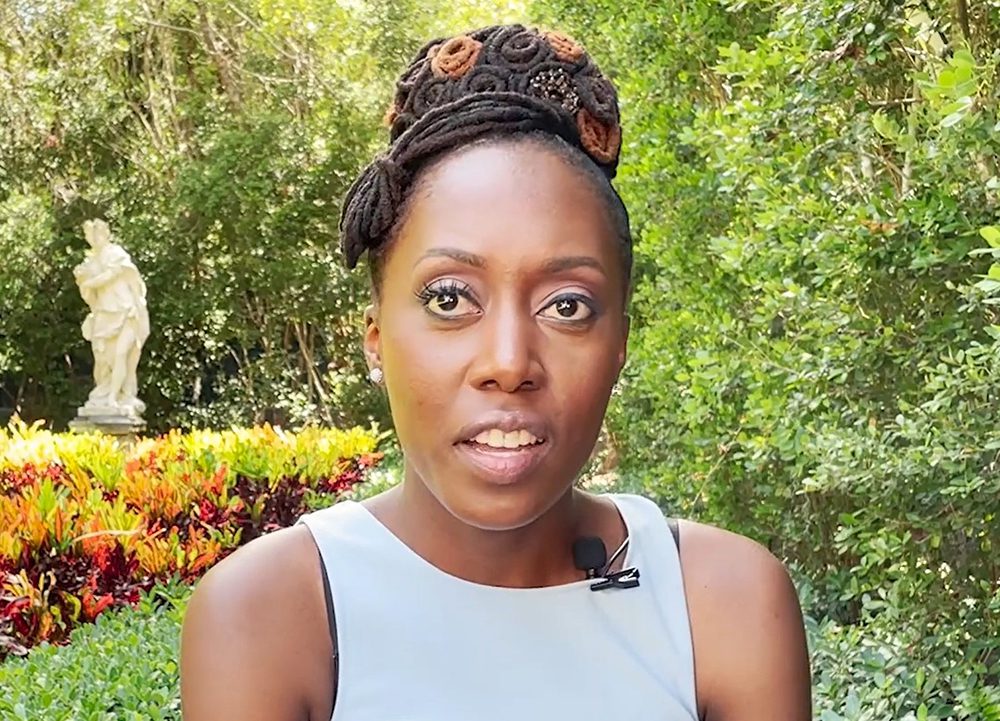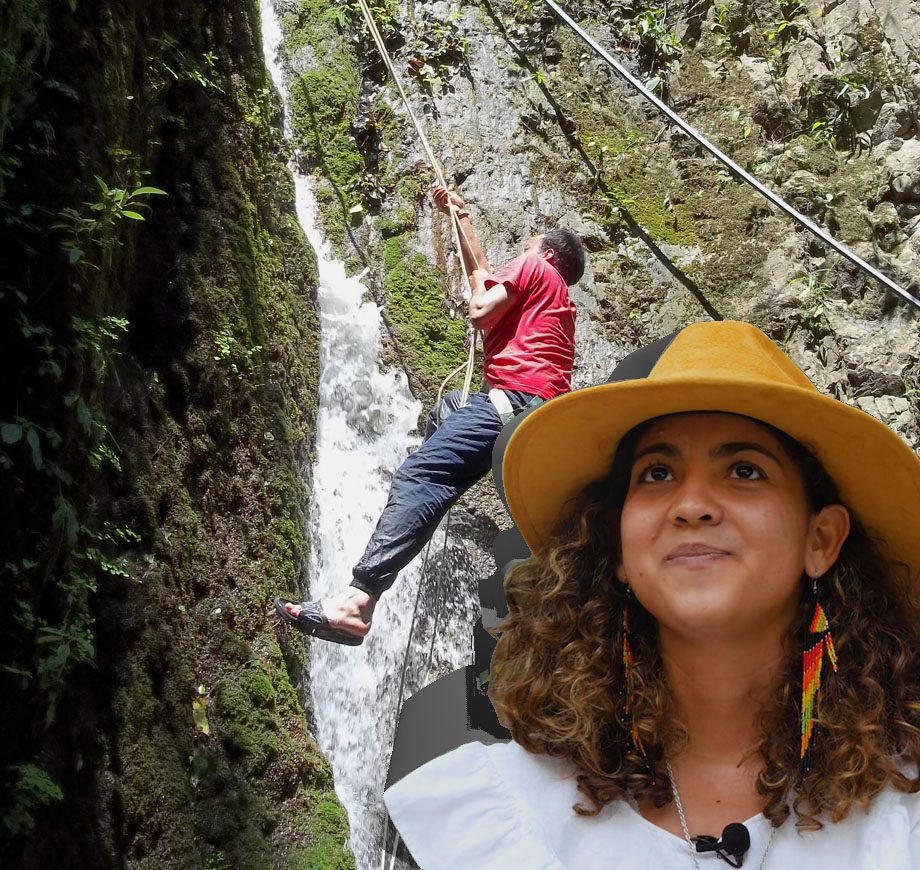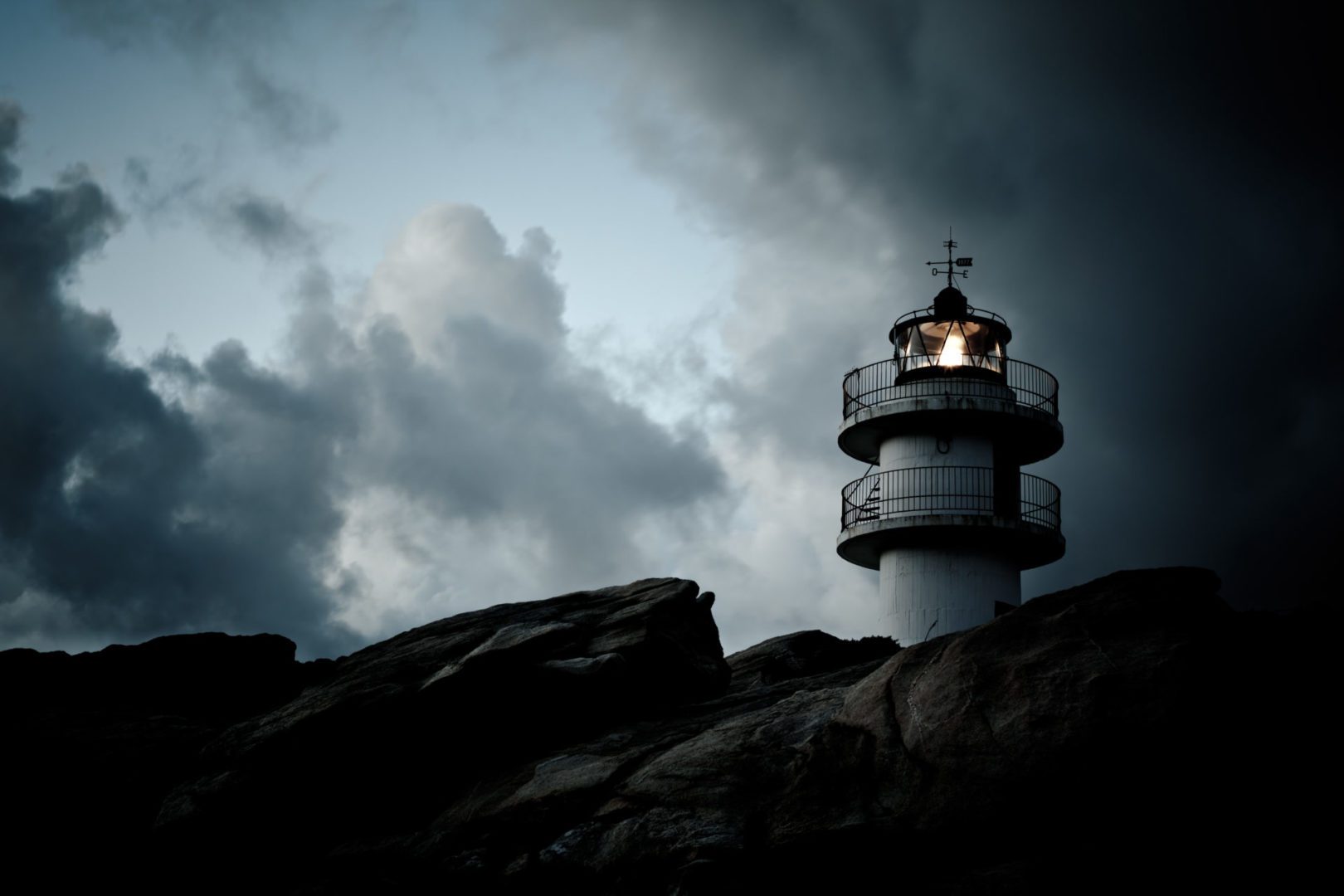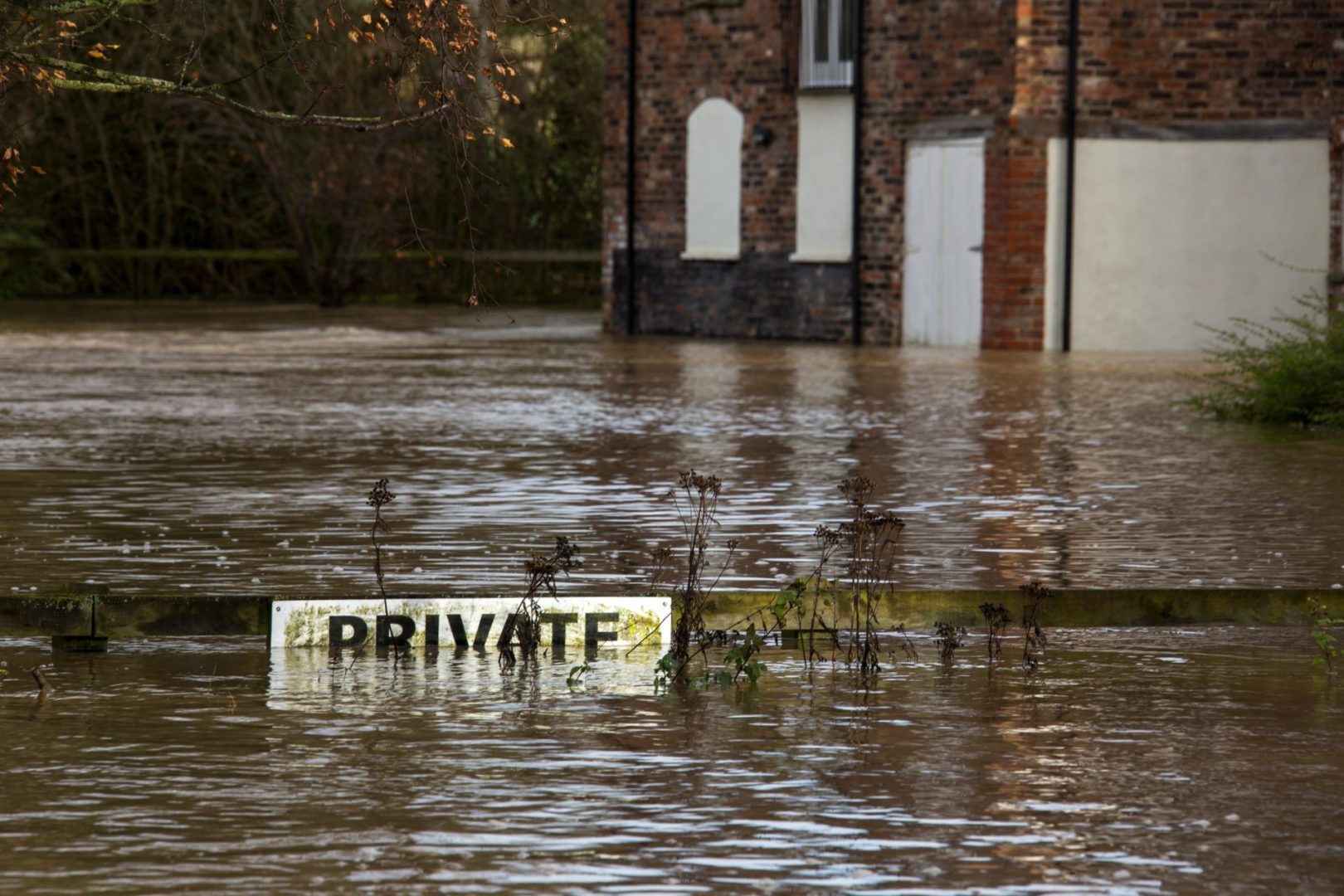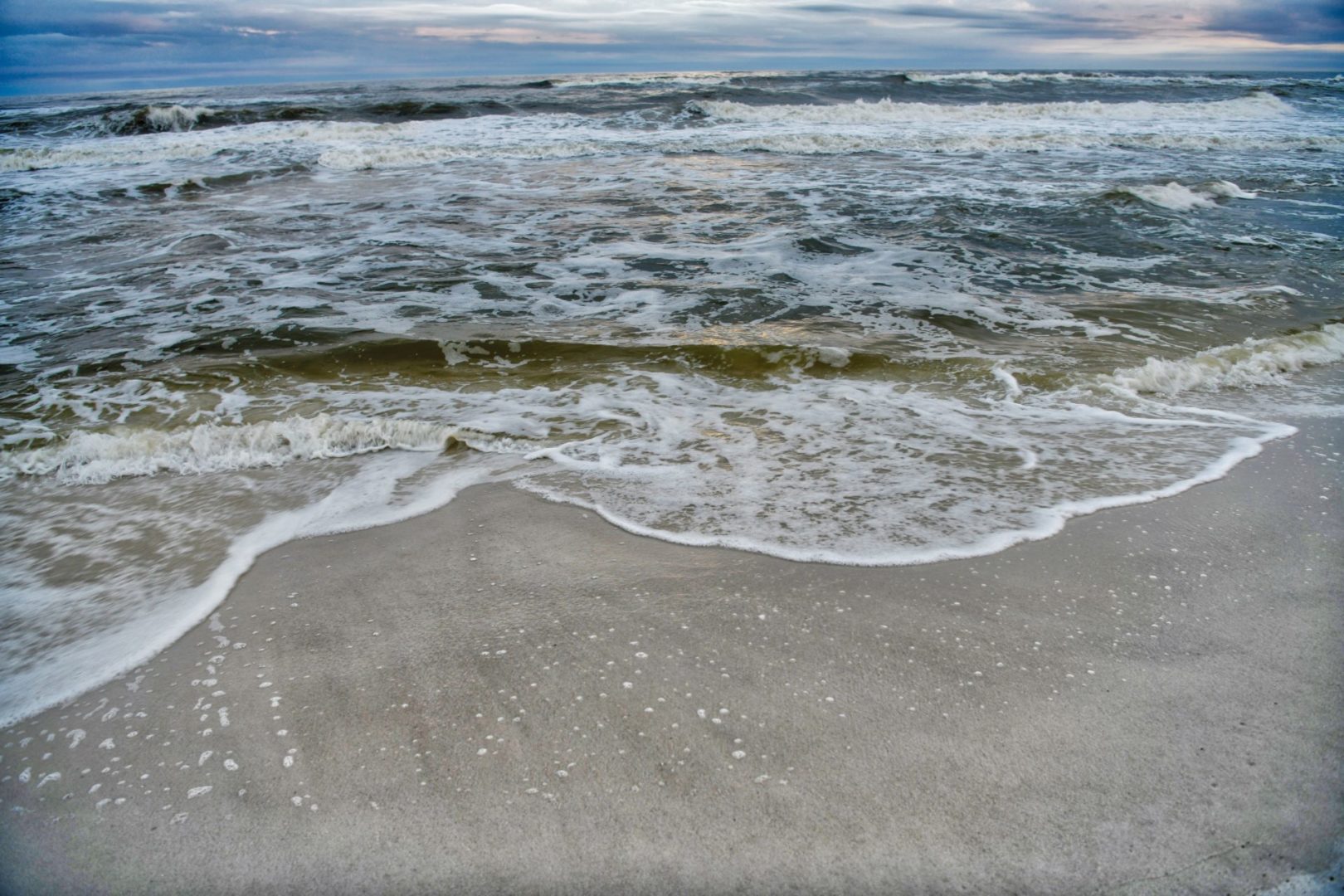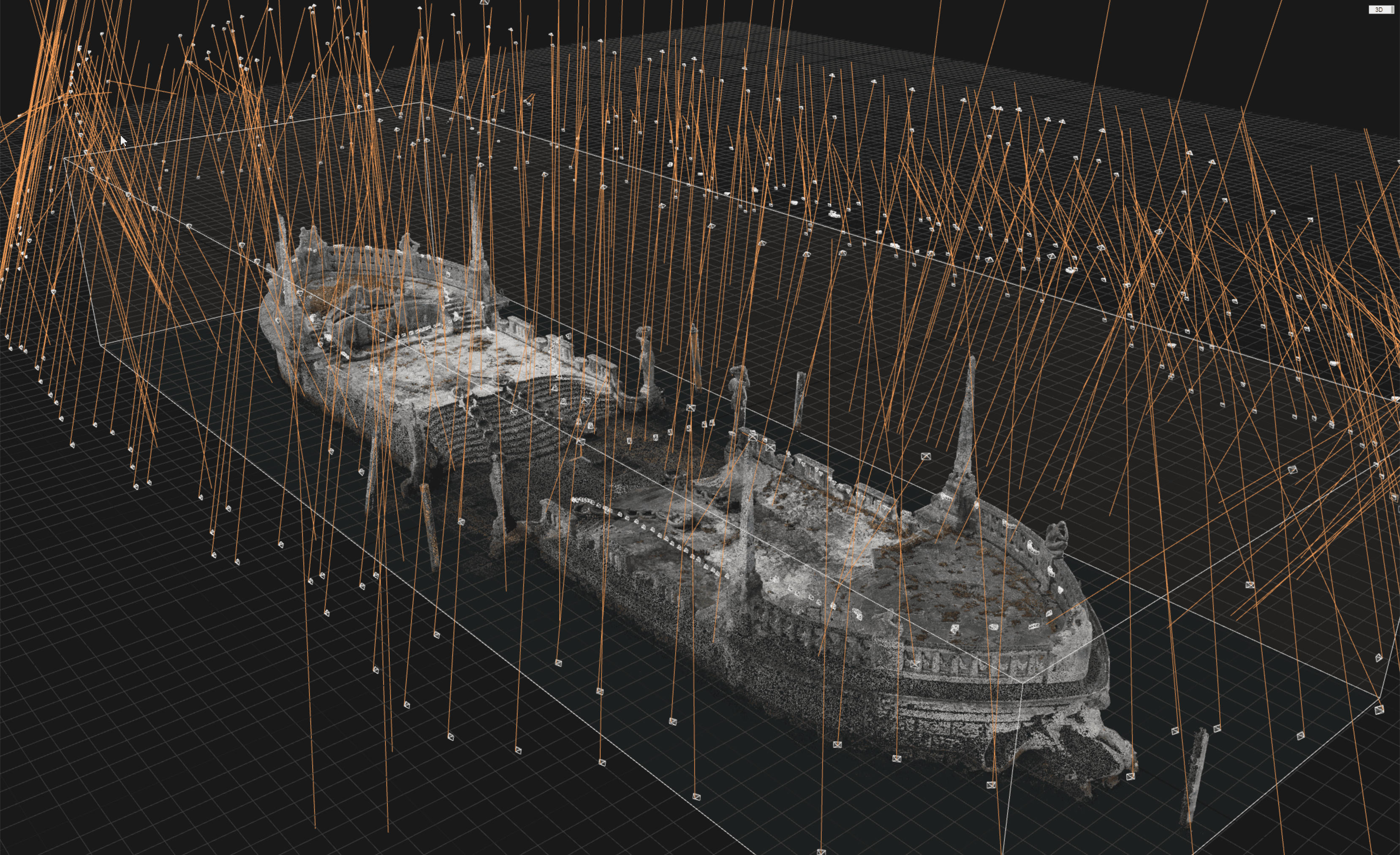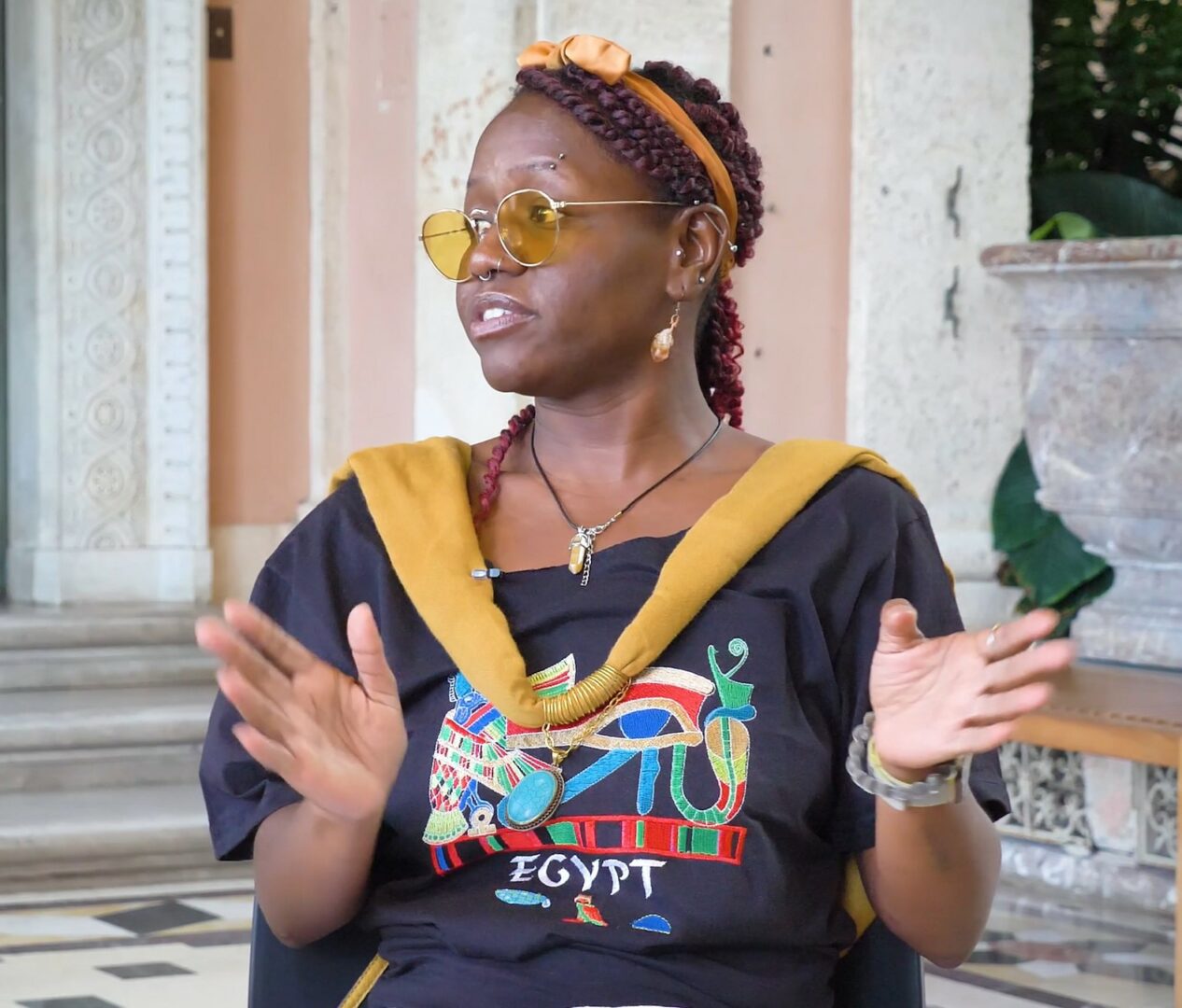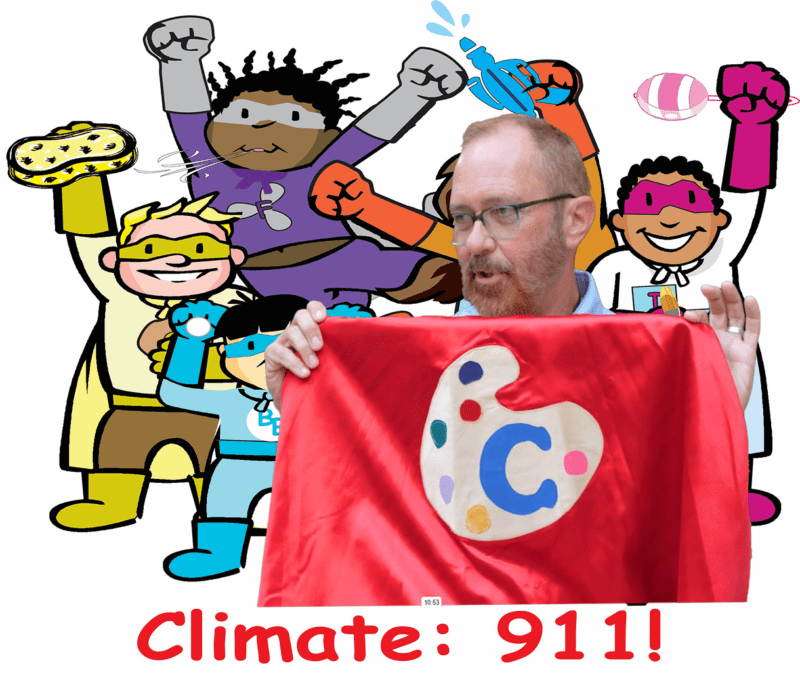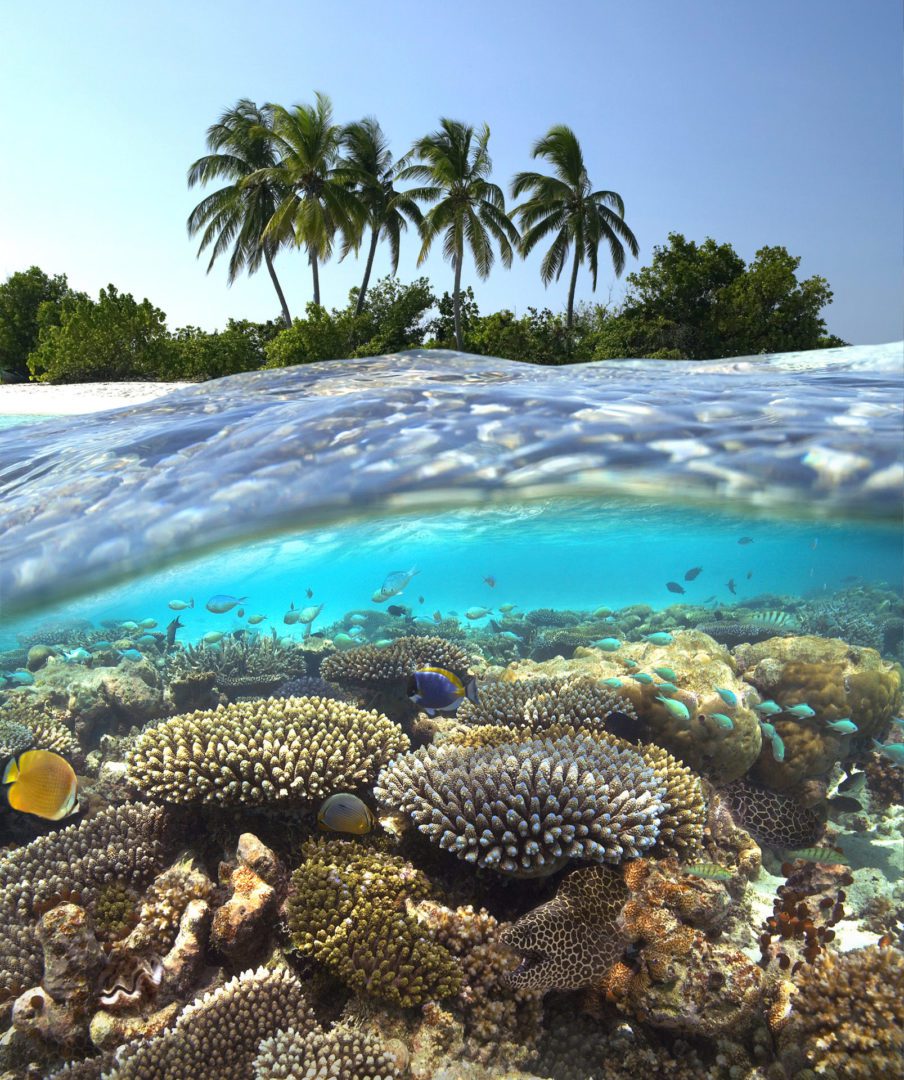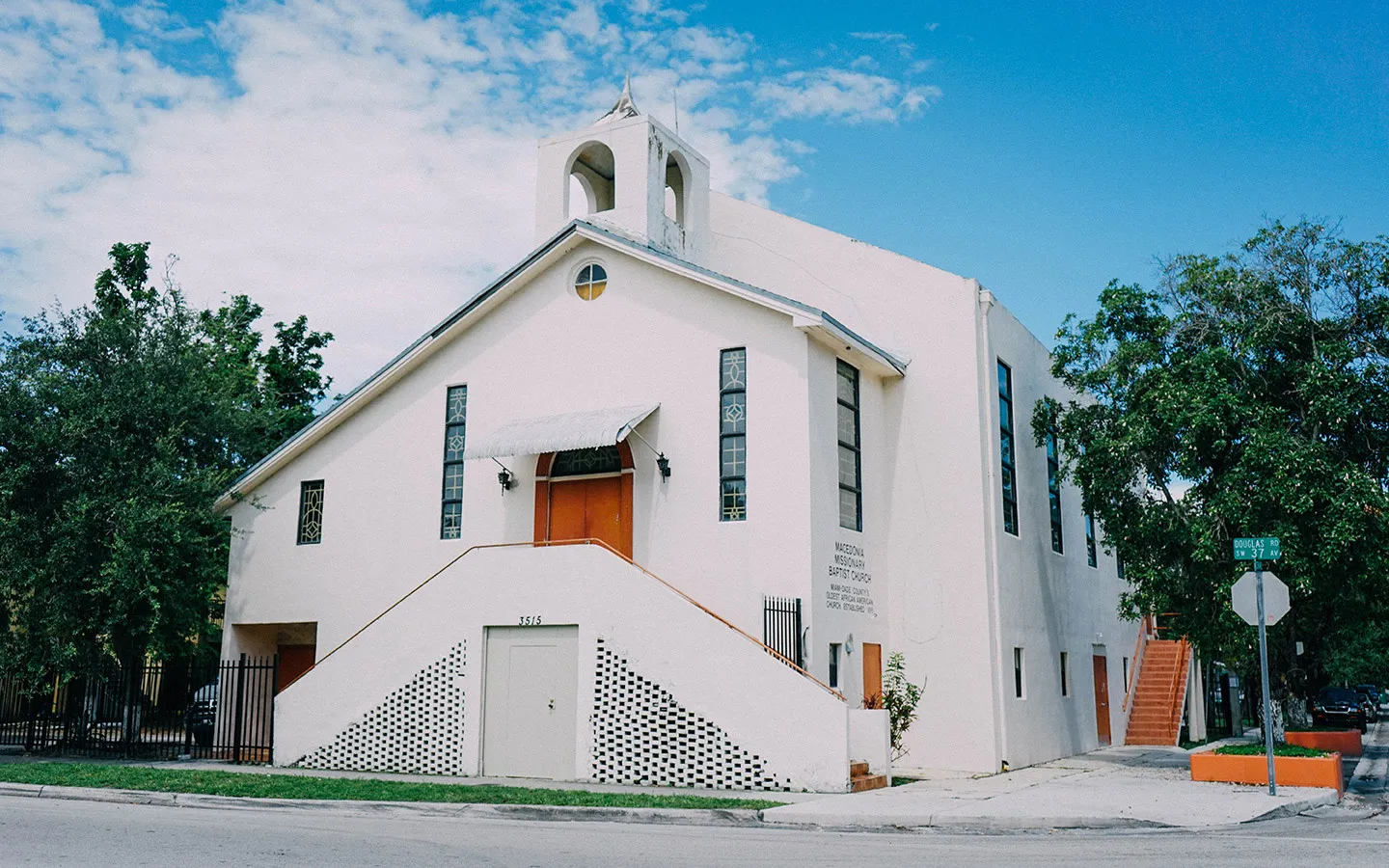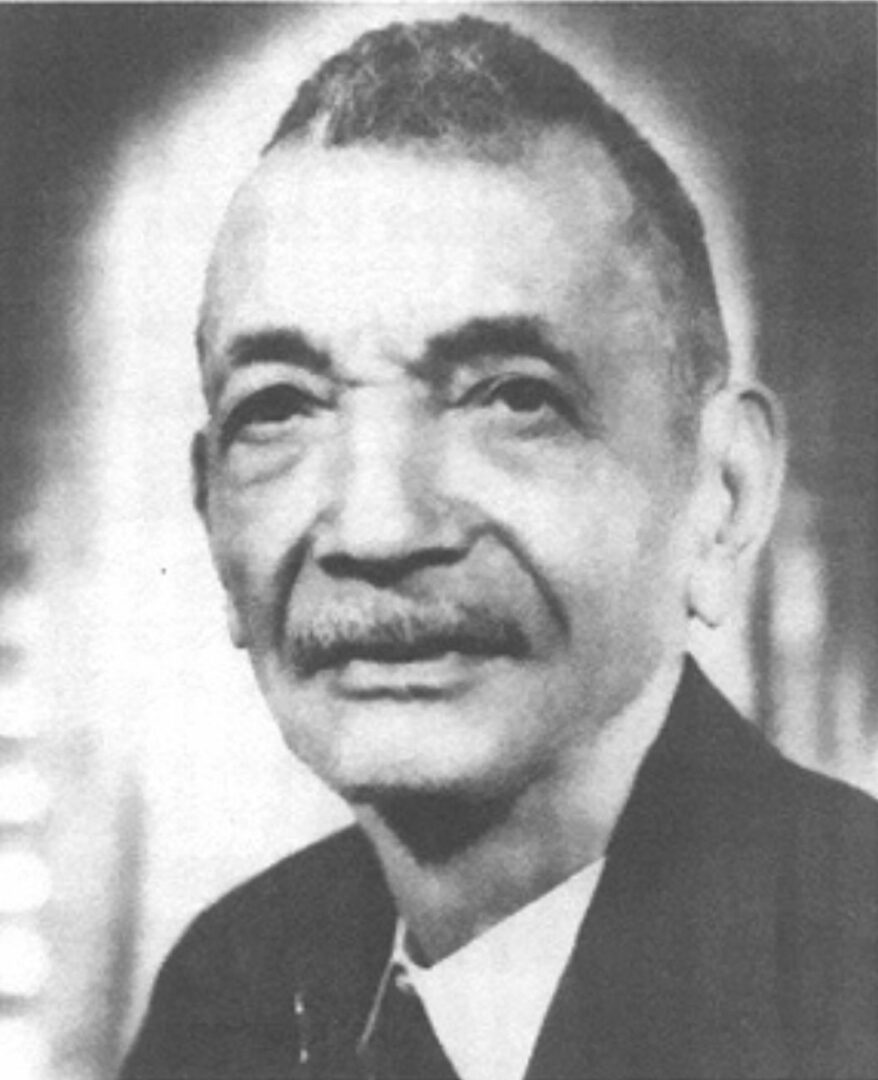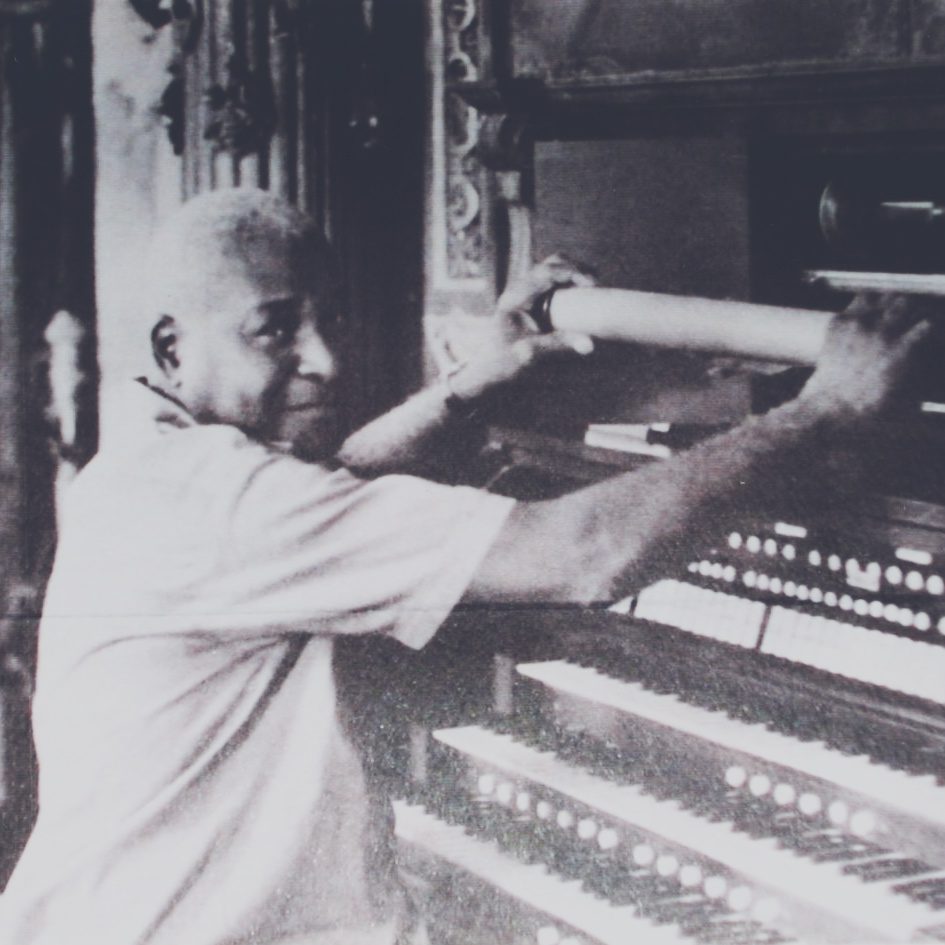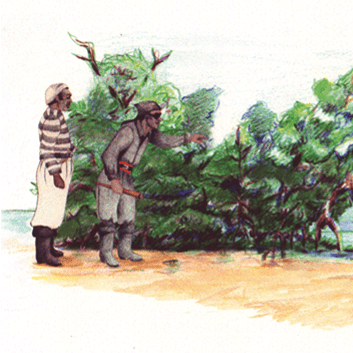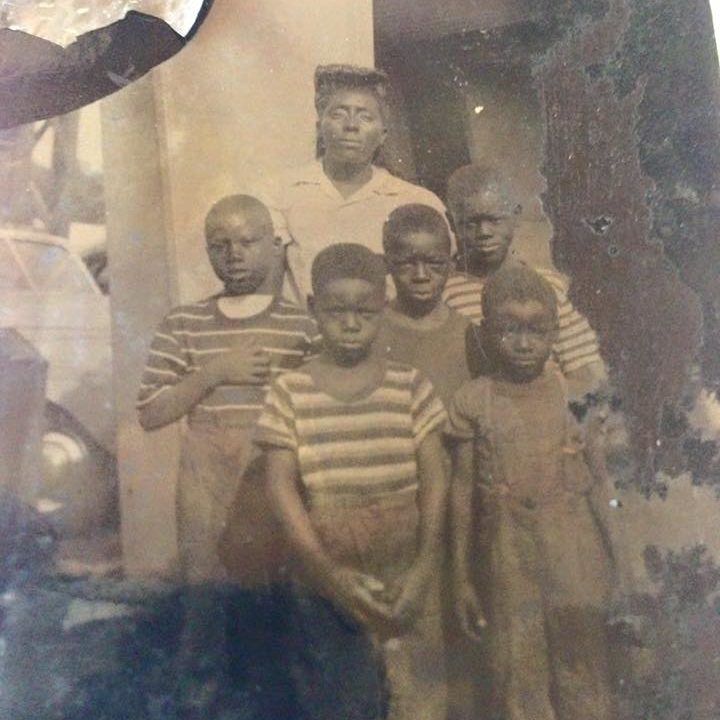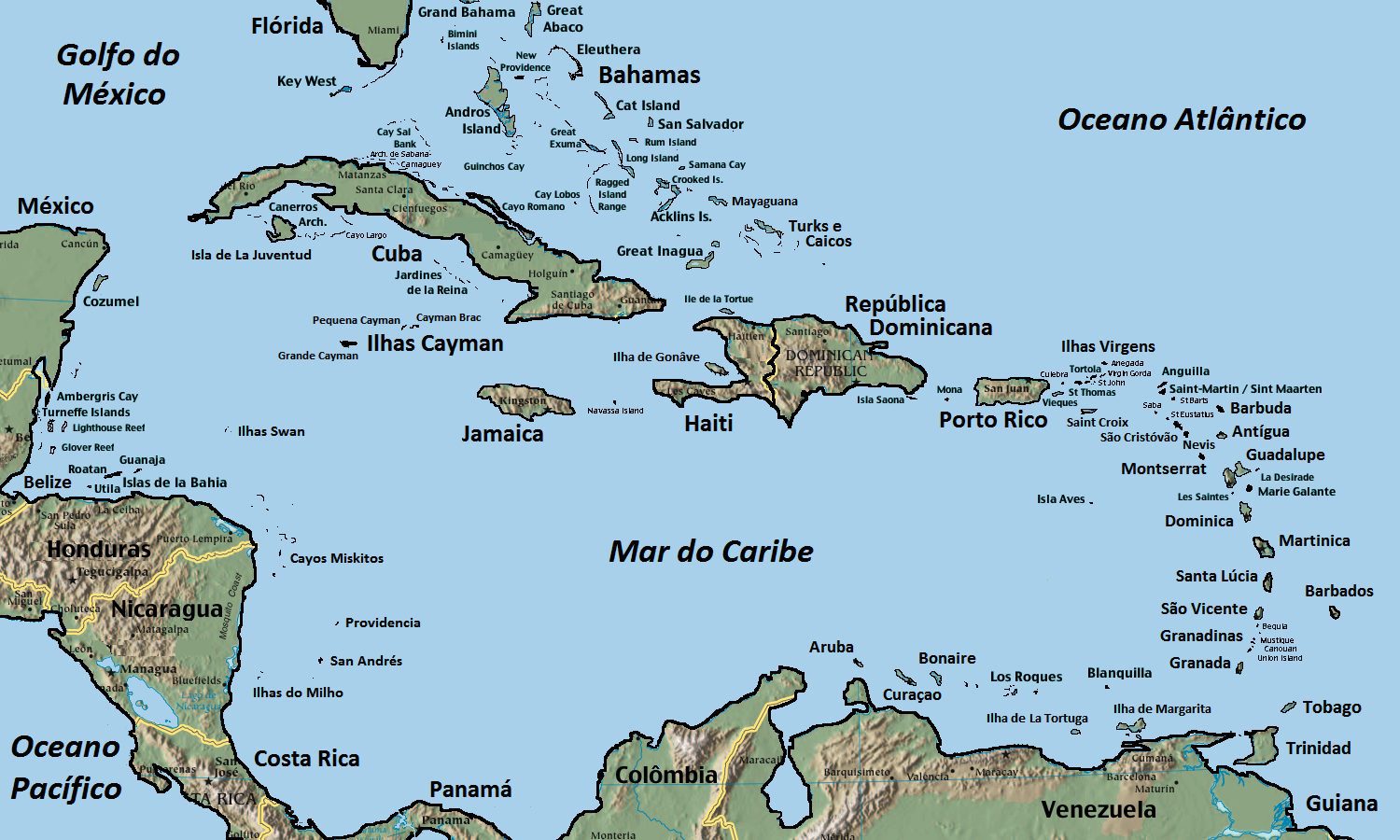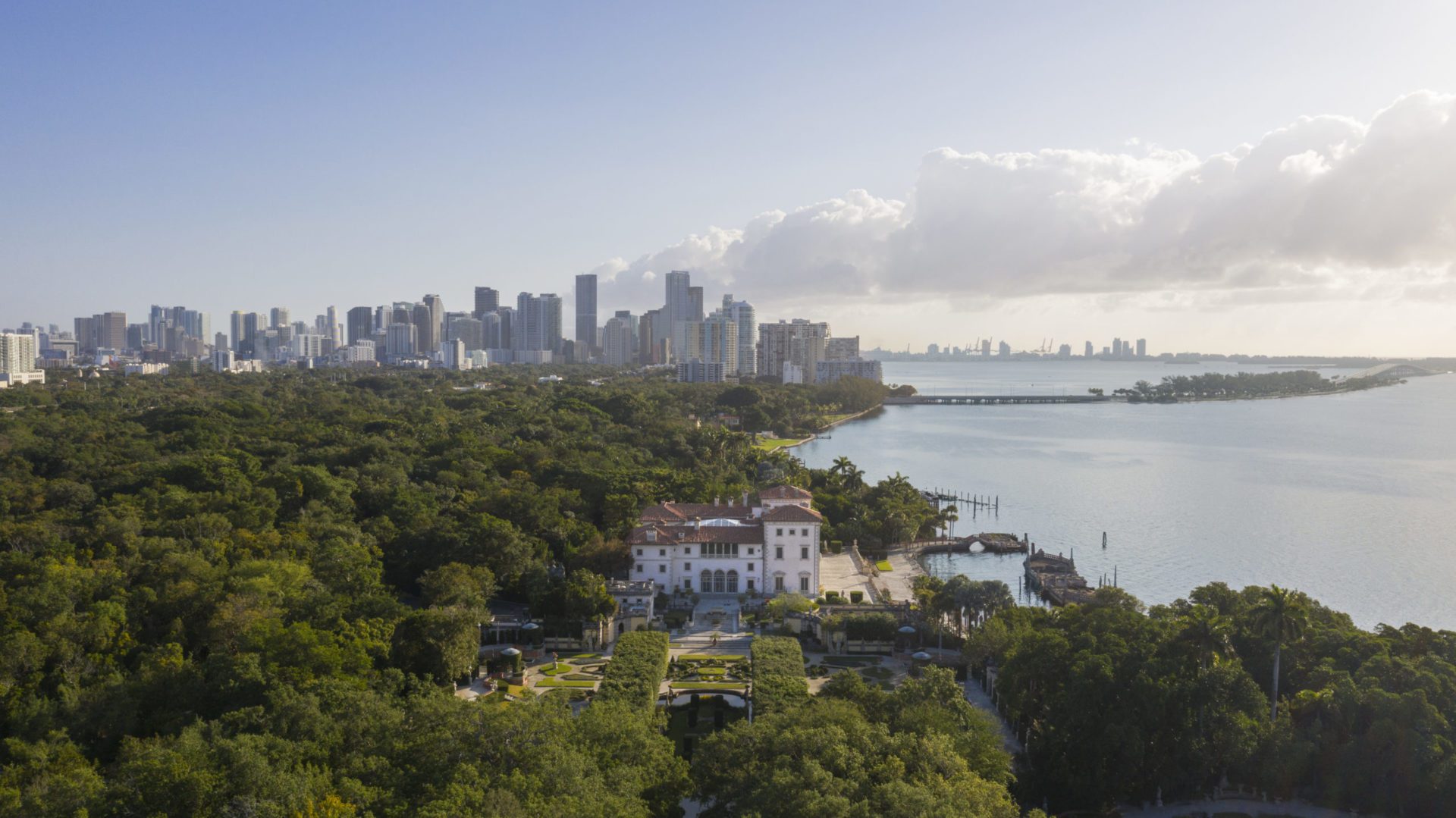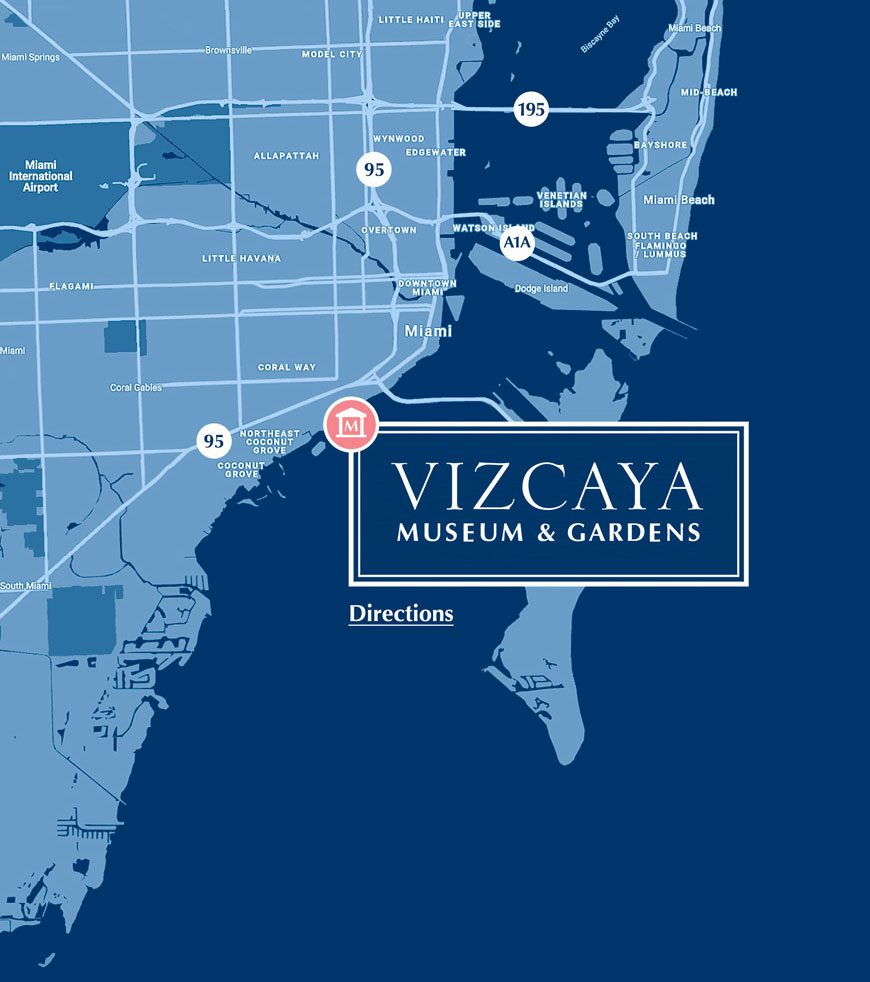Sarah Lestrade is a first-year student at Miami Dade College studying pre-nursing. Sarah and other students part of the Earth Ethics Institute had the opportunity to go on a week-long trip to the Narrow Ridge Earth Literacy Center in Washburn, Tennessee. While living off the grid, she had the time to reflect on who she was and saw the value in communal connection and cooperation.
TRANSCRIPT: (00:00)
Sarah Lestrade
My name is Sarah Lestrade, and I’m a honor student at Miami College North Campus, and I’m majoring in nursing. I learned about this trip to the Narrow Ridge through the Earth Ethics Institute. I’ve been a member of the YES Club since I started college. Every other Friday, I do gardening, and also through the YES Club, I learn about the environment and climate change and how we can live a sustainable way.
(00:26)
Sarah Lestrade
The Ethics Institute at Miami Dade College, we’re going to Washburn, Tennessee the Now Bridge. And the purpose of this trip is to understand how we can live a sustainable way, and how our daily life is interconnected with the global environment. Everyday, I use a cell phone to call, to text my friend, and also to do my homework.
(00:48)
Sarah Lestrade
I realize that the more I use my cell phone is the more that my cell phone is consuming me mentally, and I kinda don’t want that simple object to control my mind, my body. So I wanted to go to the Narrow Ridge kind of to disconnect, and also like to have more control over myself. I think we all need a break from the technology, but especially the younger generation. Technology has become integral part of our life,
(01:21)
Sarah Lestrade
and I think like if we try to disconnect from it, we can learn how to be, learn ways to learn how to keep our ourself, have time for ourself to kinda take care of our physical, and also mental health. For me, when I started, when I tried to do my first fasting from my cell phone, one of the things I started doing was meditating and gardening.
(01:44)
Sarah Lestrade
And I also find that when I wasn’t using my cell phone, I had more peace, more time to myself, and also kinda have more time to explore, and look at the nature, and also realize that how is it beautiful, and how quickly this is approval from us. What I hope to gain from this experience is to have more knowledge about sustainability, and also the more knowledge how to live a traditional way.
(02:14)
Sarah Lestrade
And also maybe after this experience, I’ll be more able to create a little garden, and also inspire other people to realize that the environment is our responsibility, and that we need to start taking care of it now ‘cause we basically don’t have no time with what’s going on in the world right now. One of the things at Narrow Ridge is that they propose to eat more vegetables. And me, I’m not really a veggie person, not really at all.
(02:45)
Sarah Lestrade
So I’m looking forward to kind of be open-minded, and try the veggies even if they don’t look good. And also, maybe after this trip, I’ll be able to eat more and better for myself and health.
TRANSCRIPT: (00:00)
Sarah Lestrade:
My name is Sarah Lestrade, and I’m a student at the North Campus Honors College, and I’m studying pre-nursing right now. Narrow Rudge was a wonderful experience for me. It was a time to reflect and also have time for myself and also lot of learning about Earth literacy.
(00:18)
Sarah Lestrade:
What stood out to me the most when I was at Narrow Ridge was there was just a, a sense of community cooperation and cohabitation with the people there. And like, I didn’t know, like I just met the people like in less than one hour I was able to connect with them, talk to them, and just be friendly.
(00:40)
Sarah Lestrade:
I think the biggest challenge for me there was the water. Like when I’m, I live in Miami, so the water I consume is from water bottle. I buy, I buy at Costco for example, and I know like it’s pretty bad to have those plastic bottle because they end up in the ocean and then fish die because of them. But because of household issues and also a lot of missing knowledge in my household, I’m, I’m kind of stuck in consuming those water bottles. And also I don’t think the water in my zone is that great to consume.
(01:15)
Sarah Lestrade:
So when I was in Narrow Ridge, they consume, they don’t use water bottles. And then the water was from… I think spring water or like a fountain, like natural fountain. And then I didn’t really like the taste that much. And I think drinking the water was a challenge for me, not because, it was a fountain, but because I didn’t open myself like to try it.
(01:43)
Sarah Lestrade:
And when I started trying like, oh, let’s just give it a try for a few days and I just adjust to it, it didn’t feel like nothing. At Narrow Ridge we had a busy schedule. So, in the morning we will wake up like seven and then we’ll have a gratitude round where we’ll say, where we each say what we’re grateful for.
(02:04)
Sarah Lestrade:
And after that we’ll have breakfast made by wonderful Tina. And then after the breakfast we have a Heart to Heart which is like another round circle where we, it starts with a poem. And after the poem we each say what we bring to the table, like emotions, we feel like, what happened last night, how was your day? And stuff like that.
(02:24)
Sarah Lestrade:
And then after that we have an, an activity like visiting the community, visiting Narrow Ridge gardening. And then we’ll go back for lunch. And after lunch we’ll have time, for ourself we’ll have like, kind of like a two hours, to our self like in our secret spot. And after that, and after like around six or so we have dinner.
(02:50)
Sarah Lestrade:
And after dinner we have another activity, like a potluck, like going hiking at night. And then at 11 we, with the student there, we could be doing readings or drawings or talking to each other, playing games. From the experience, I kind of had time to realize that how I was so absorbent in technology and how I miss reading and how I miss, doing crafting. And from the experience, I realized that, I need more time to be touching books, more time to like just have real conversation instead of doing WhatsApp or Snapchat and being behind filters.
(03:35)
Sarah Lestrade:
I think living off the grid made me realize that, how natural resources was important and how us, we’re connected to the environment and how, how our actions can impact this environment. When I was at Narrow Ridge, like when I had like the two hours for myself, I was uh, I was very like, oh, I wanna use my phone, I wanna know what’s going on at Miami.
(04:00)
Sarah Lestrade:
But then when I started just walking or serving nature, I was like, man, this is beautiful. This is so beautiful. And then like any pictures on Instagram could not recreate perfectly what I was living, what I was seeing there. And then, and then I had more time to just, just walk there, like pick up some flowers. I was, I was breathing differently there, I was breathing differently and I had also more time to be more fit. I was walking, I was doing hiking even though I couldn’t walk or sometimes, but I just motivating myself to do it. When I was in the airport,
(04:36)
Sarah Lestrade:
the last thing we did, uh, with my friend Geraldine, we bought a burger because we thought the food was gonna be so horrific or we wouldn’t be able to eat or we would just do like a one week fasting. But the thing is, I let myself immerse in those operation, those stereotype I form about living off the above, living off the grid.
(04:59)
Sarah Lestrade:
And I think the best advice I could give to someone, you wouldn’t know it’s bad until you try it. Like even though it looks not something you eat, it doesn’t look that much aesthetic like the picture or something you, you see on social media. I think just give it a try and probably you would like it afterwards. So when we were in Narrow Ridge, I did have my phone, but because over there like there was just no signal, so my phone became completely useless to me and the fact that for a week I was just detached from it, I was just able to experience things more.
(05:36)
Sarah Lestrade:
So when I came back to Miami, um, the habits just started, started, implementing in me. Like I used to use my phone for like nine hours and then when I receive my daily report, it say you have used your phone less in those those past few days. And I think that’s a great thing and I think that’s something I should keep Doing more, doing more like stop using the phone and just read a book cuz there’s just so much around to do. And I think one of the goals, um, I think I wanna implement and I just started doing it, this weekend, I wanna start doing my own garden in my house, start planting my own vegetables, like the vegetable I could eat. Just doing a change in my diet.
(06:21:15)
Sarah Lestrade:
And I think a future goal I want to implement is probably share sustainability more. And also like when I would be looking for jobs, start looking in companies that invest and that believe in those change that need to be done for the environment.


